Setting Goals that Motivate and Inspire Action
Nov 28, 2023

Setting goals is something that we all need to do if we want to achieve anything in life. But, all too often, our goals are not specific enough or we don't have a plan to achieve them. This can lead to us feeling stuck and unmotivated.
Achieving our goals requires both motivation and inspiration. The two are interconnected; without motivation, it can be hard to get started on reaching our goals, and without inspiration, it can be difficult to maintain our motivation. However, when we have both, we are much more likely to take action and achieve our goals.
There are a few things we can do to set goals that will motivate and inspire us to take action. First, we need to make sure that our goals are specific. The more specific our goals are, the easier it will be to develop a plan to achieve them and to stay motivated along the way.
It's also important to make sure that our goals are realistic. If we set goals that are too unrealistic, we're likely to get discouraged when we don't achieve them. On the other hand, if our goals are too easy, we may not feel motivated enough to put in the effort required to achieve them. Finding the right balance is key.
In addition to being specific and realistic, our goals should also be challenging yet achievable. This means that they should stretch us outside of our comfort zone but still be something that we believe we can accomplish. By setting goals that meet these criteria, we'll be more likely to stay motivated and inspired throughout the journey.
Finally, it's important to remember that achieving our goals is a process. There will be ups and downs along the way, but if we keep our eye on the prize and don't give up, we'll eventually reach our destination.
Identifying Your Goals
Setting and achieving goals is a key part of success in life. Whether you’re looking to advance your career, improve your health, or build personal relationships, goal setting can help you stay focused and motivated.
But before you can set goals, you need to know what you want to achieve. This can be a challenge, especially if you’re not used to thinking about long-term objectives.
Here are a few tips to help you identify your goals:
1. Know Your Values
Before you can set goals, you need to understand what’s important to you. What values do you hold? What do you want to achieve in life?
Spend some time reflecting on your values. What do you stand for? What do you want to achieve? Once you know your values, you can start setting goals that align with them.
2. Set SMART Goals
SMART is an acronym that stands for Specific, Measurable, Achievable, Relevant, and Time-bound. When setting goals, make sure they meet all five of these criteria.
Specific: Your goals should be clear and specific.
Measurable: You should be able to track your progress and measure your success.
Achievable: Your goals should be realistic and achievable.
Relevant: Your goals should be relevant to your values and priorities.
Time-bound: Your goals should have a deadline or time frame for completion.
3. Make a Plan
Once you know your goals, it’s time to start planning how you’ll achieve them. What steps do you need to take? What resources do you need? Who can help you?
Creating a plan will help you stay organized and on track. And it can also help to keep you accountable.
4. Take Action
No goal will be achieved without taking action. Once you have a plan, it’s time to start working towards your goals. Set a schedule and stick to it. And don’t be afraid to ask for help when you need it.
5. Track Your Progress
As you take steps towards your goal, be sure to track your progress. This will help you stay motivated and on track. It can also help you identify any obstacles or challenges that you need to overcome.
Achieving your goals takes time, effort, and dedication. But the rewards are worth it. By taking the time to identify your goals, you’re setting yourself up for success.
Defining Your Objectives
It's important to have clearly defined objectives when you set out to achieve a goal. Without a well-defined target, it can be difficult to measure progress and gauge whether or not you're on track to achieve your goal. But what exactly is an objective?
An objective is a specific, measurable, attainable, relevant, and time-bound goal. In other words, it's a detailed plan of action that will help you achieve your overall goal.
When setting objectives, it's important to keep the following in mind:
Specific: Objectives should be specific and clearly defined. They should answer the questions who, what, where, when, and why.
Measurable: Objectives should be quantifiable so you can track your progress. Use specific metrics to measure your objectives.
Attainable: Objectives should be achievable and realistic. If they're too ambitious, you're likely to get discouraged.
Relevant: Objectives should be relevant to your goal. Make sure they align with your overall strategy.
Time-bound: Objectives should have a deadline so you can stay on track. Without a timeline, it can be difficult to measure progress.
Once you have a clear understanding of what an objective is, it's time to start setting them. Here's how to do it:
1. Start by brainstorming a list of objectives. Write down anything and everything that comes to mind.
2. Next, narrow down your list by identifying which objectives are most important to achieving your goal.
3. Once you've identified the most important objectives, it's time to start writing them out in a more specific and measurable way. Use the tips above to make sure each objective is well-defined.
4. Finally, create a timeline for each objective. This will help you stay on track and ensure that each objective is completed by its deadline.
Goal setting is an important part of any successful self-improvement journey. By taking the time to define your objectives, you can ensure that you're always making progress towards your goal.
Clarifying Your Intentions
Establishing Realistic and Timely Deadlines
When it comes to goal setting, one of the most important things you can do is to establish realistic and timely deadlines. This will ensure that you are able to stay on track and complete your goals in a timely manner.
One thing to keep in mind when setting deadlines is that they should be realistic. If you set a deadline that is too soon, you may find yourself scrambling to complete the goal and not doing it to the best of your ability. On the other hand, if you set a deadline that is too far in the future, you may find yourself forgetting about the goal or losing motivation to complete it.
The best way to find a happy medium is to sit down and really think about how long it will take you to complete the goal. Once you have a good estimate, add a bit of cushion to it to account for any unforeseen delays or setbacks. This will help you ensure that you are setting a realistic deadline.
In addition to being realistic, deadlines should also be timely. This means that they should be close enough to motivate you to take action, but not so close that you feel overwhelmed. A good rule of thumb is to set deadlines that are within the next month or so. This will help you stay focused and on track without putting too much pressure on yourself.
If you keep these two things in mind when setting deadlines, you will be well on your way to achieving your goals. So don't delay, get started today!
Creating an Action Plan
Tracking Progress and Refining Goals
Assessing Challenges and Overcoming Obstacles
One of the most difficult, and yet most important, aspects of goal setting is assessing challenges and overcoming obstacles. All too often, we set our sights on a goal, only to find that there are roadblocks in our way. It can be tempting to give up at this point, but with a little perseverance and creativity, it is possible to overcome these obstacles and achieve our goals.
One of the first steps in overcoming obstacles is to assess what is standing in our way. Is it something that can be removed, such as a physical object? If so, then take action to remove it. If the obstacle is something more abstract, such as a lack of knowledge or skills, then develop a plan to acquire the necessary skills or knowledge.
Once you have identified the obstacle, it is time to take action to overcome it. This may mean finding a workaround, such as taking a different route to your goal. It may also mean putting in extra effort to surmount the obstacle. For example, if you are lacking the necessary skills for a goal, you may need to put in extra hours of practice or study.
No matter what kind of obstacle you are facing, remember that it is possible to overcome it. With a little assessment and planning, you can surmount any obstacle and achieve your goals.
Celebrating Success and Achieving Goals
Sustaining Motivation and Keeping Goals Aligned With Values
Evolving Your Goals Along Life’s Path
It’s not uncommon for people to set goals at the start of their journey and then find themselves in a completely different place later on. As your life circumstances change, it’s important to revisit your goals and make sure they still align with where you want to be. Here are a few tips for evolving your goals along life’s path.
First, consider what’s changed in your life since you first set your goal. Have you changed jobs? Had children? Moved to a new city? All of these things can impact your ability to achieve your goal. If your goal was to save for a down payment on a house and you’ve since had children, you may need to readjust your timeline or the amount you’re saving.
Next, take a look at your current circumstances and see if there are any new opportunities or challenges that could impact your goal. For example, if you’re trying to lose weight, a new workout class at your gym could be just the motivation you need to help you reach your goal. On the other hand, a new baby in the family could make it more challenging to find time for the gym.
Finally, ask yourself if your goal is still something you really want. Sometimes, as we go through life, our priorities change and what we once wanted isn’t as important to us anymore. If this is the case, it’s okay to let go of your old goal and set a new one.
Goal setting is an important part of any journey, but it’s also important to be flexible and willing to change your goals as needed. By considering what’s changed in your life and looking for new opportunities and challenges, you can be sure that your goals are always aligned with where you want to be.
Your Trello, Asana, ClickUp, Todoist tasks
on Google Calendar.

Visualizing Goals: Trello Boards for Long-Term Work Week Planning
Jan 1, 2024

Automation Hacks: Trello Integrations for Streamlined Workflows
Dec 31, 2023

Collaborative Planning: Enhancing Team Productivity with Trello Boards
Dec 30, 2023

Task Prioritization: Trello Strategies for a Productive Work Week
Dec 29, 2023
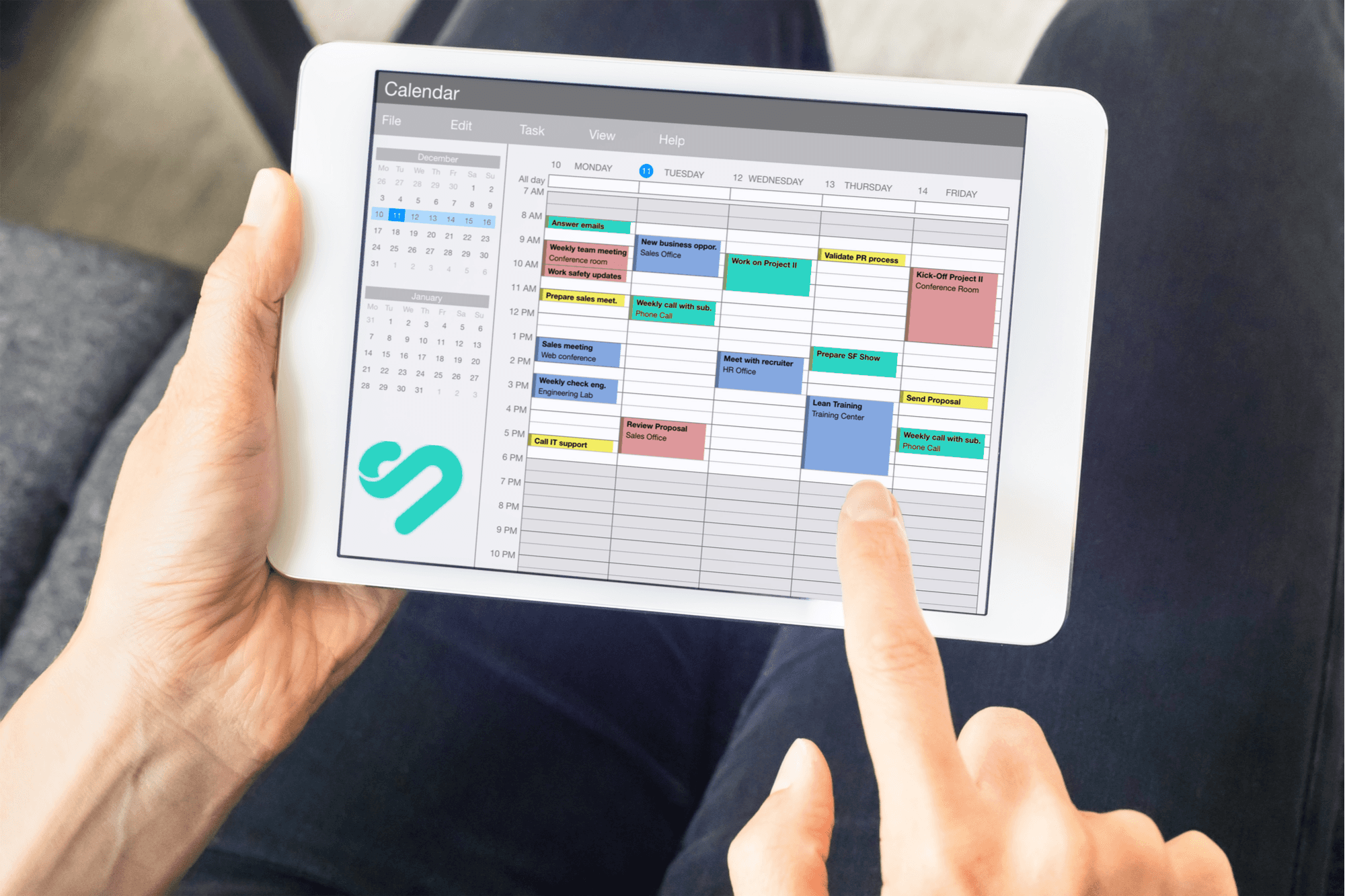
From Goals to Reality: Long-Term Planning with Google Calendar and Time Blocking
Dec 24, 2023
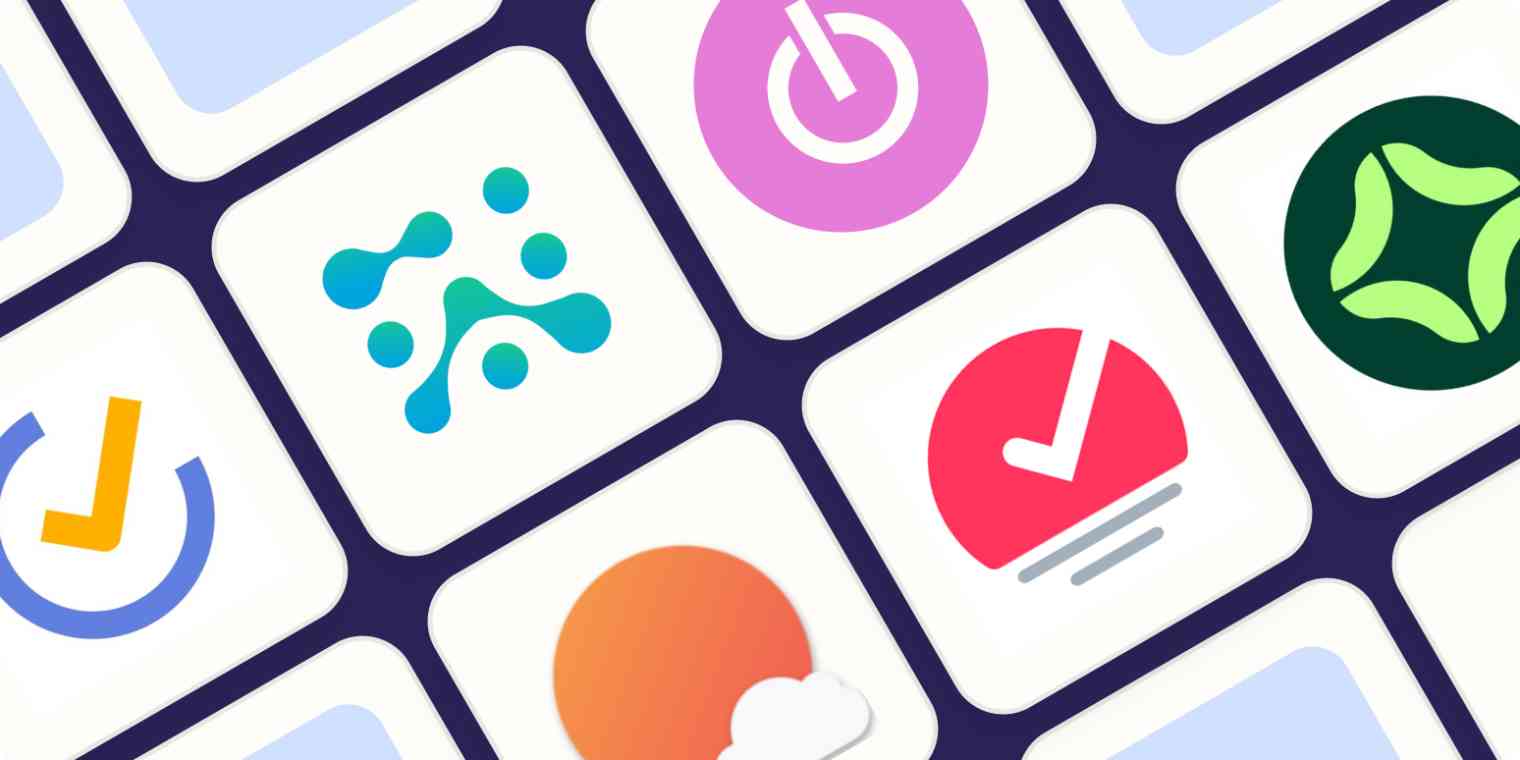
Optimizing Your Schedule: Google Calendar Apps for Enhanced Time Blocking
Dec 23, 2023

Collaborative Time Blocking: Using Google Calendar for Team Productivity
Dec 22, 2023

Balancing Work and Life: Time Blocking Strategies for Personal and Professional Harmony
Dec 21, 2023
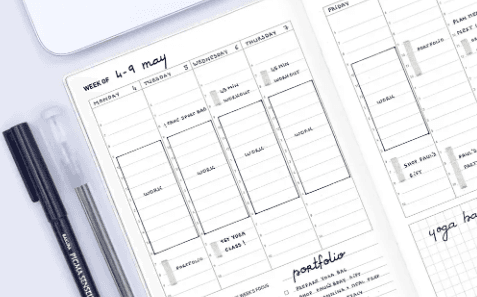
Time Blocking for Productivity: Google Calendar Tips and Tricks
Dec 20, 2023
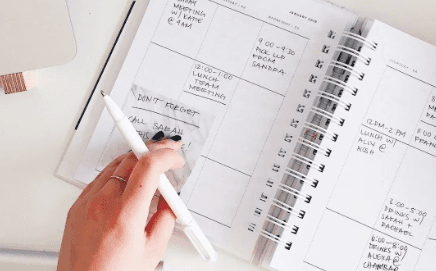
Mastering Your Time: A Comprehensive Guide on How to Use Google Calendar for Time Blocking
Dec 19, 2023

Advanced Customizations: Asana and Google Calendar for Power Users
Dec 15, 2023
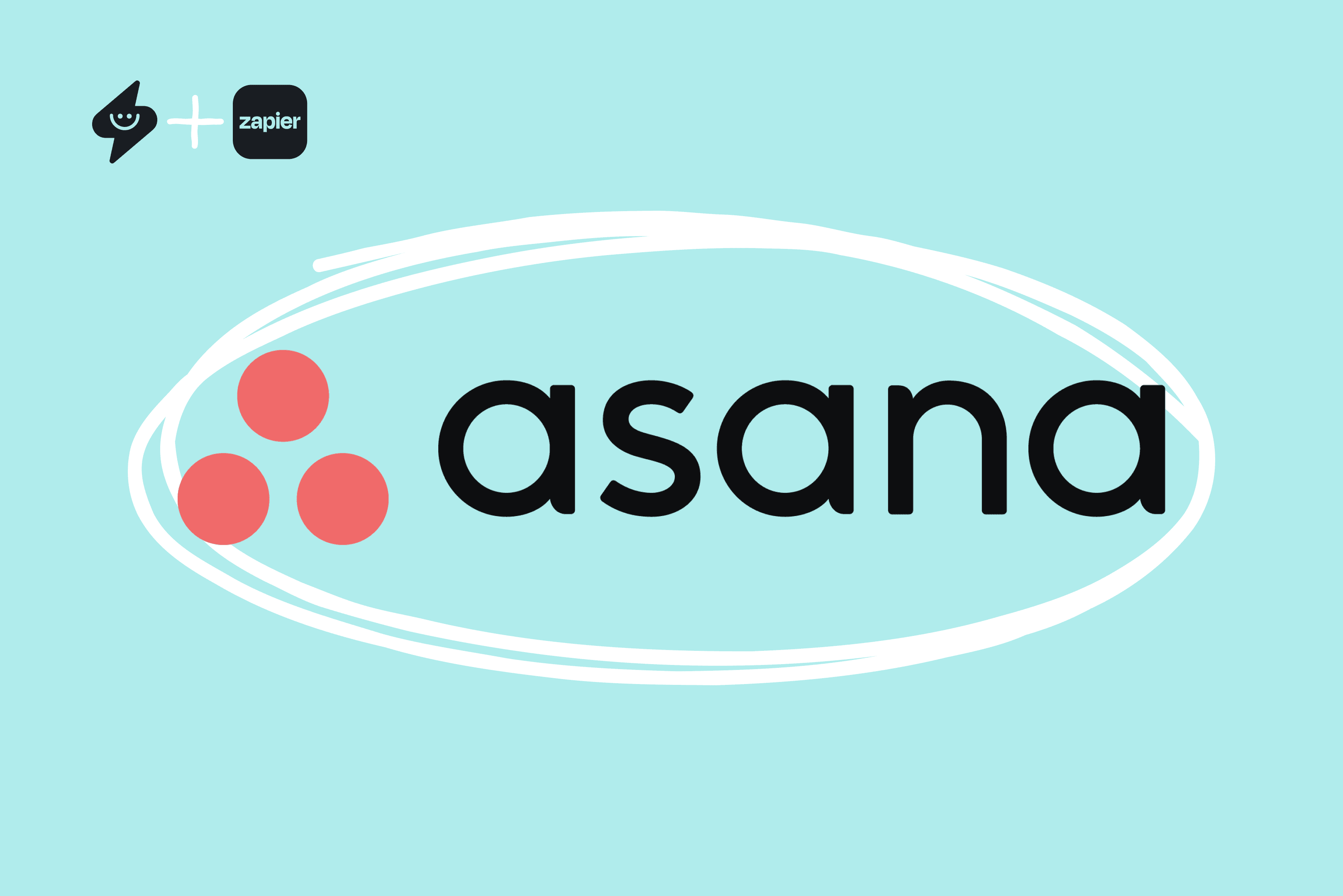
Automation Hacks: Asana Integrations and Google Calendar Efficiency
Dec 14, 2023

Team Collaboration Made Easy: Asana Projects and Google Calendar Events
Dec 13, 2023
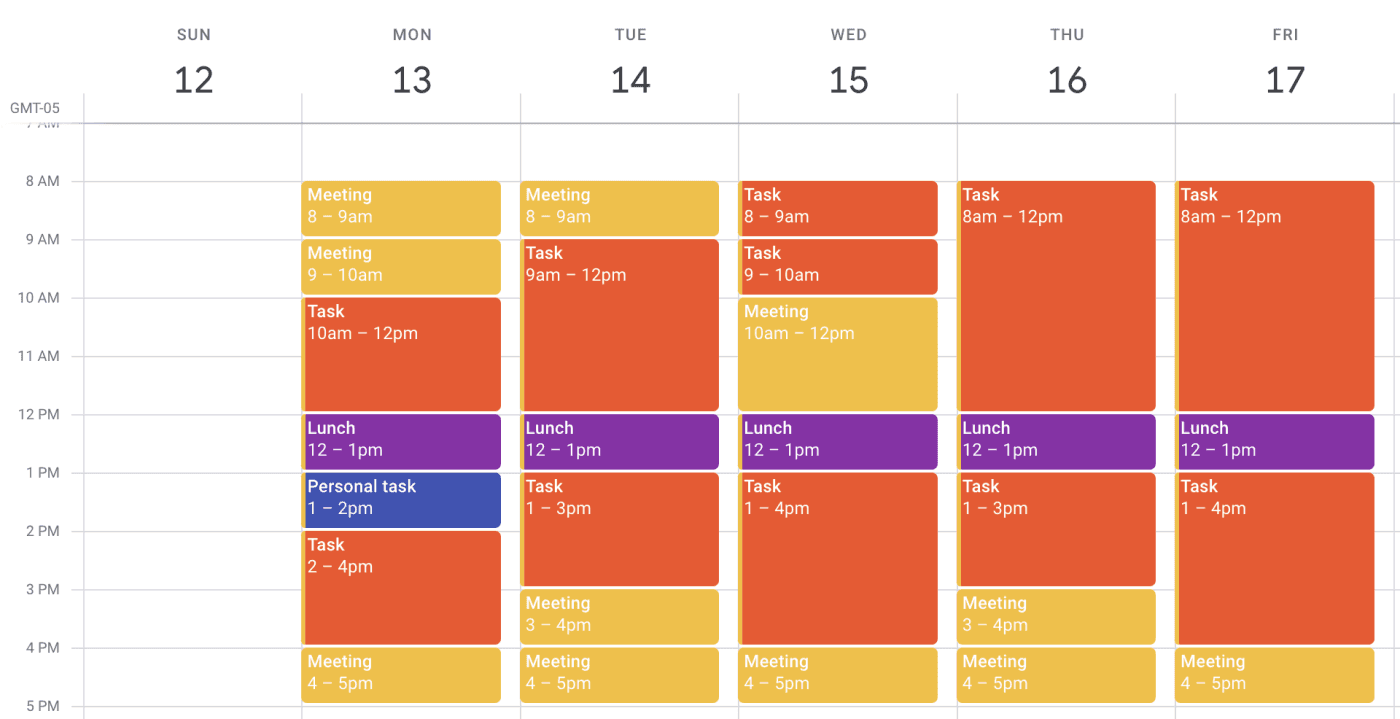
Time Blocking Techniques: Asana Tasks and Google Calendar Synergy
Dec 12, 2023
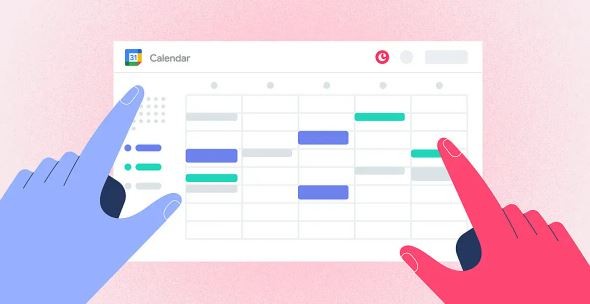
Syncing Asana Due Dates with Google Calendar: A Comprehensive Tutorial
Dec 11, 2023

Advanced Customizations: Trello and Google Calendar for Power Users
Dec 10, 2023

Collaborative Project Planning: Trello Teams and Google Calendar Events
Dec 9, 2023

Time Management Strategies: Trello Boards and Google Calendar Harmony
Dec 8, 2023
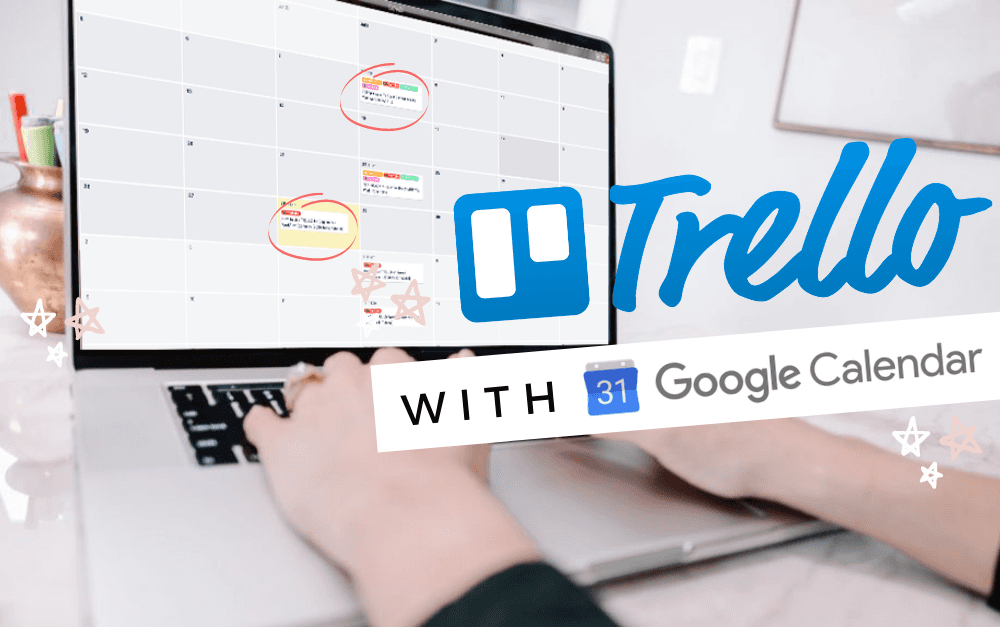
Syncing Trello Cards with Google Calendar: A Step-by-Step Tutorial
Dec 7, 2023

Task Prioritization Strategies: A Todoist and Google Calendar Approach
Dec 6, 2023

Unlock Your Productivity with Advanced Features for Todoist and Google Calendar Power Users
Dec 5, 2023

Using Todoist and Google Calendar for Effective Collaborative Planning in Teams
Dec 4, 2023
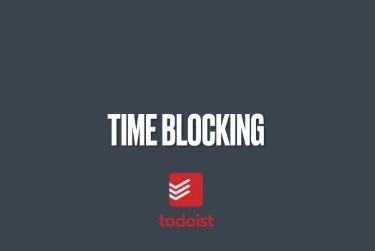
Using Time Blocking with Todoist and Google Calendar to Enhance Productivity
Dec 3, 2023

Using Labels and Filters: Todoist and Google Calendar Synergy
Dec 2, 2023

How to Sync Todoist Tasks to Google Calendar Events
Dec 1, 2023
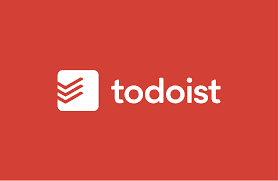
Integrating Todoist with Google Calendar for Effortless Scheduling
Nov 30, 2023
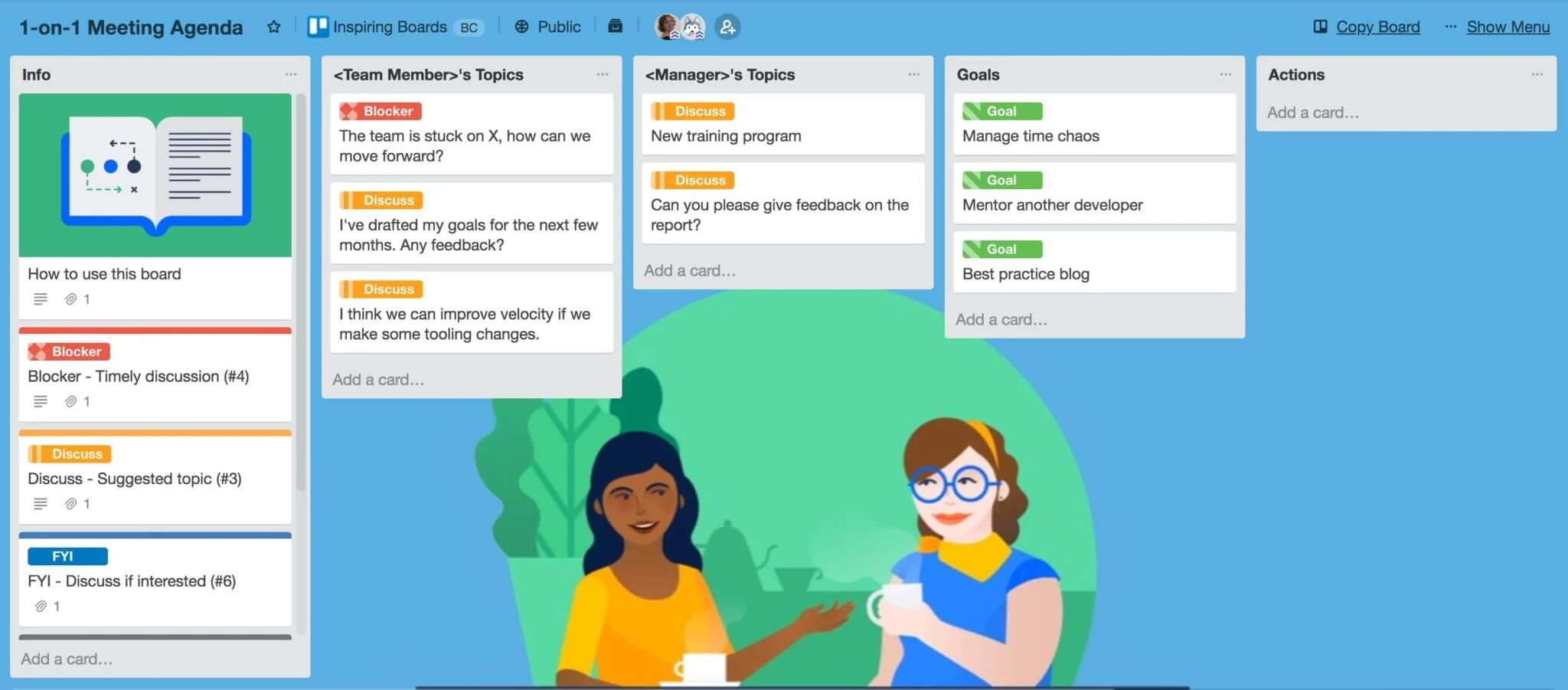
7 Free Trello Templates for Streamlining Workflow and Improving Productivity
Nov 29, 2023

Setting Goals that Motivate and Inspire Action
Nov 28, 2023
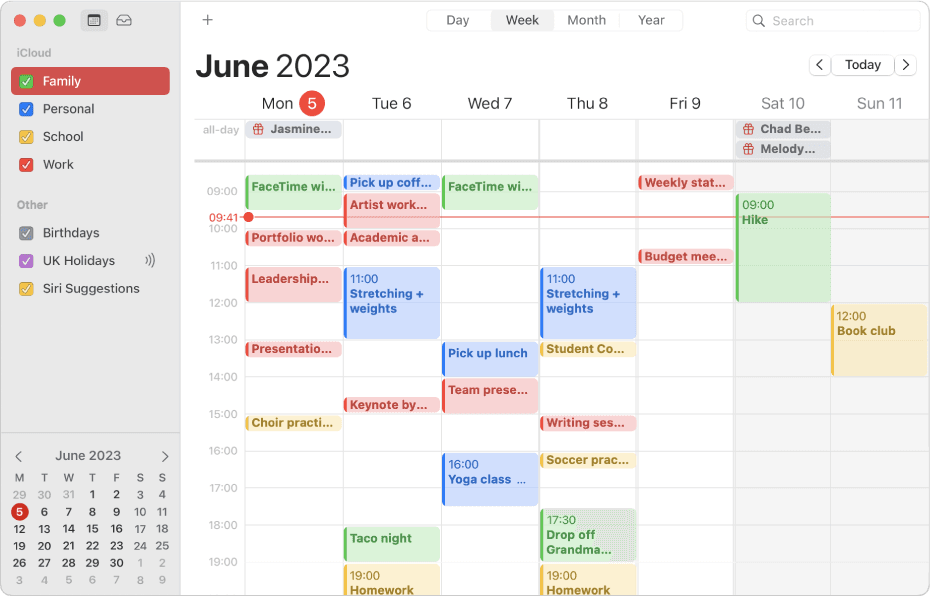
How to Integrate Todoist with Apple Calendar for Increased Productivity
Nov 27, 2023
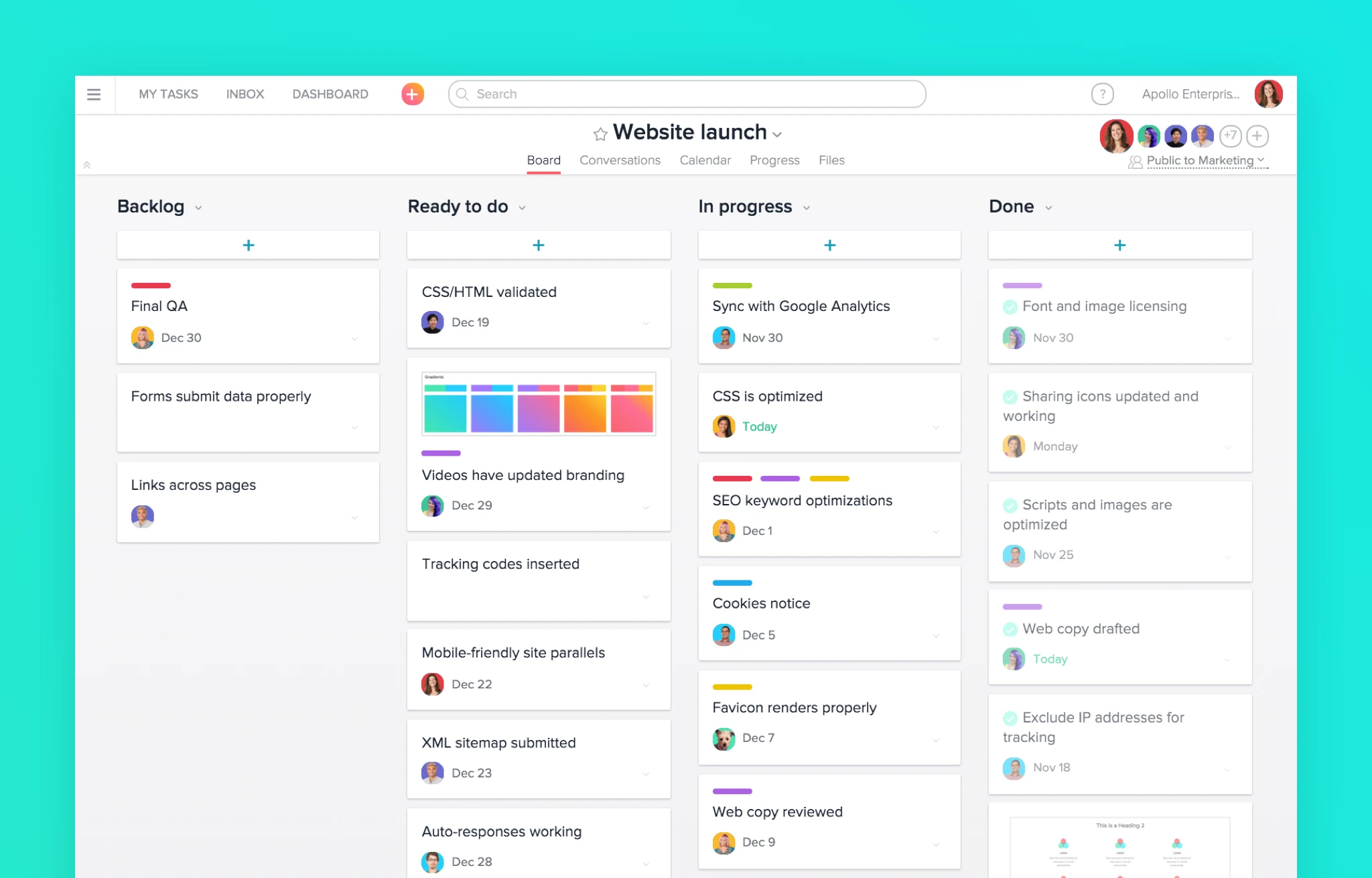
7 Alternatives to Asana for Project and Task Management
Nov 26, 2023
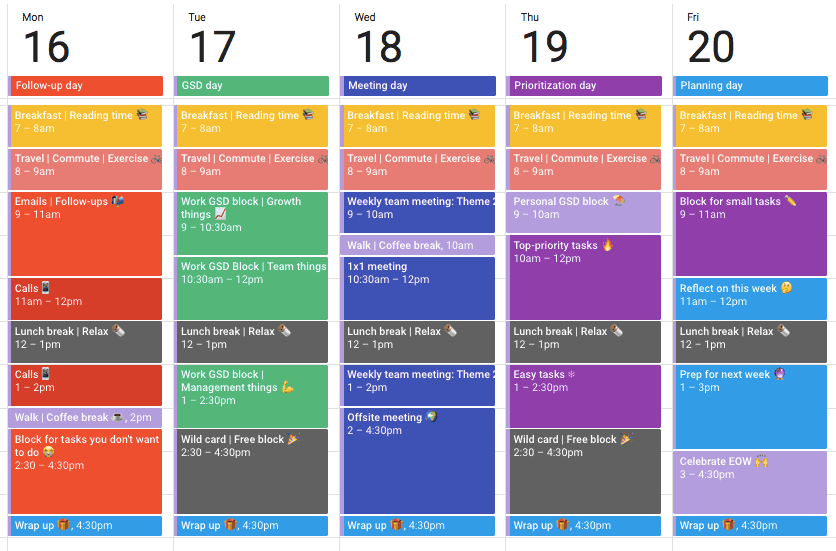
The Complete Guide to Time Blocking with Google Calendar
Nov 25, 2023
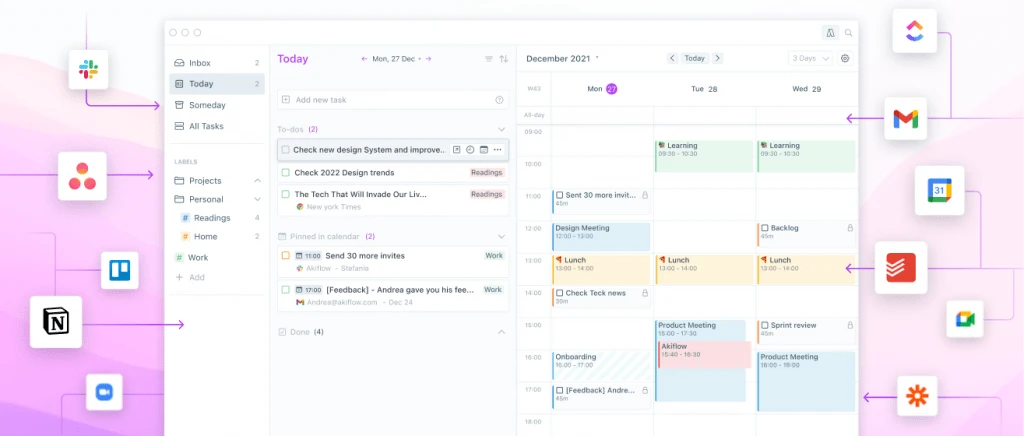
Top 10 Daily Planner Apps for Keeping You Organized and On Schedule
Nov 25, 2023
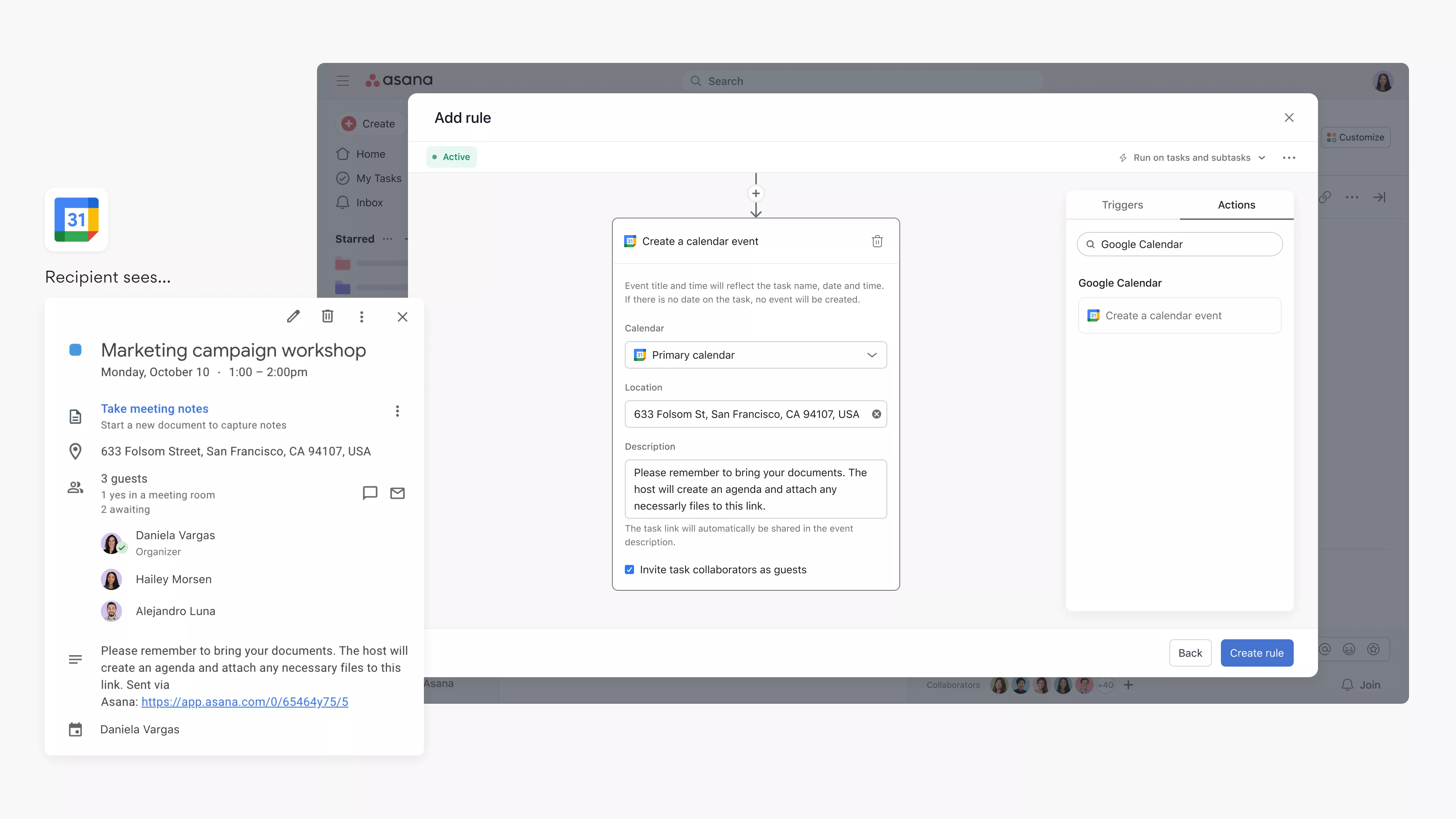
Syncing Asana Tasks to Your Google Calendar: A Step-by-Step Guide
Nov 23, 2023

How to Integrate Todoist with Google Calendar for Seamless Task Management
Nov 19, 2023

Integrate ClickUp with Google Calendar
Nov 14, 2023

Team Planning: Unlocking the Benefits for Your Business
Nov 11, 2023
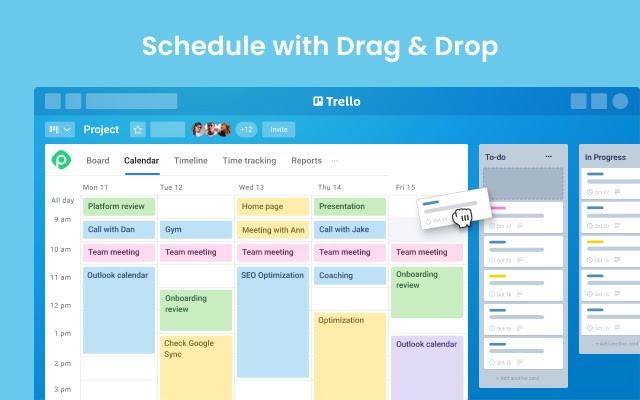
What features does Planyway for Trello offer?
Oct 5, 2023

Boost Your Productivity with a Weekly P L: A Simplified Task Planning Solution
Oct 5, 2023
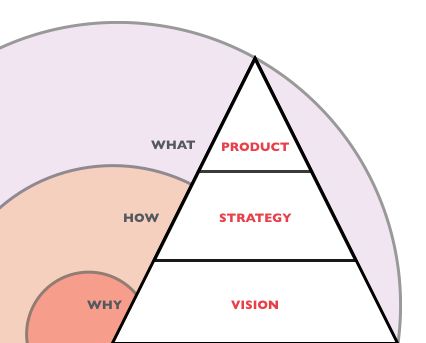
Team Planning: The key to Business Success
Oct 4, 2023
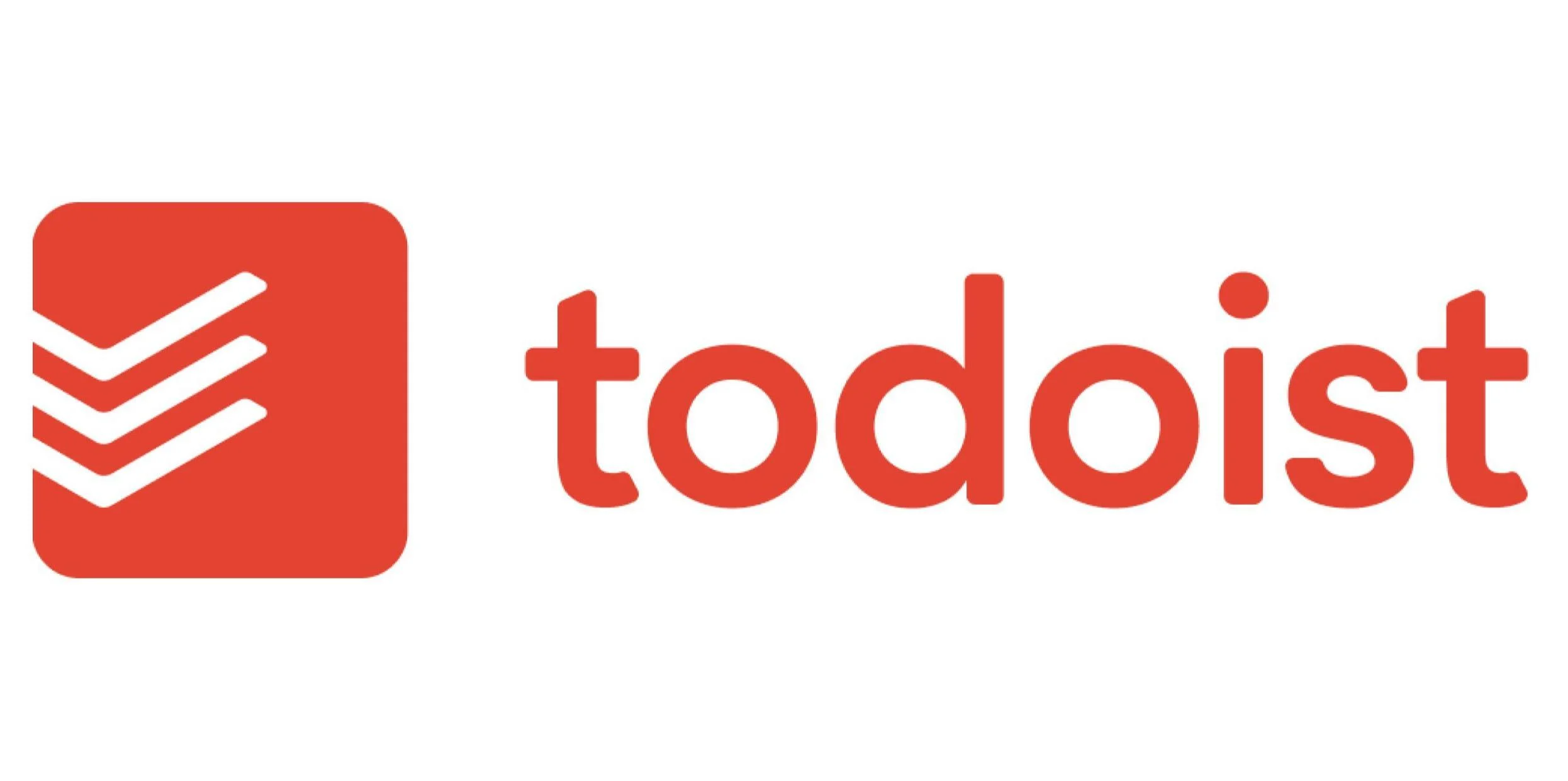
How can I sync my Todoist tasks with my Google Calendar?
Oct 2, 2023

Asana Sync with Google Calendar: Streamlining Your Task Management
Sep 3, 2023

How to Sync Asana with Google Calendar: Boost Your Productivity
Sep 3, 2023

Todoist and Google Calendar: The Perfect Productivity Pair
Sep 2, 2023

Todoist Integration with Google Calendar: Streamline Your Task Management
Sep 2, 2023
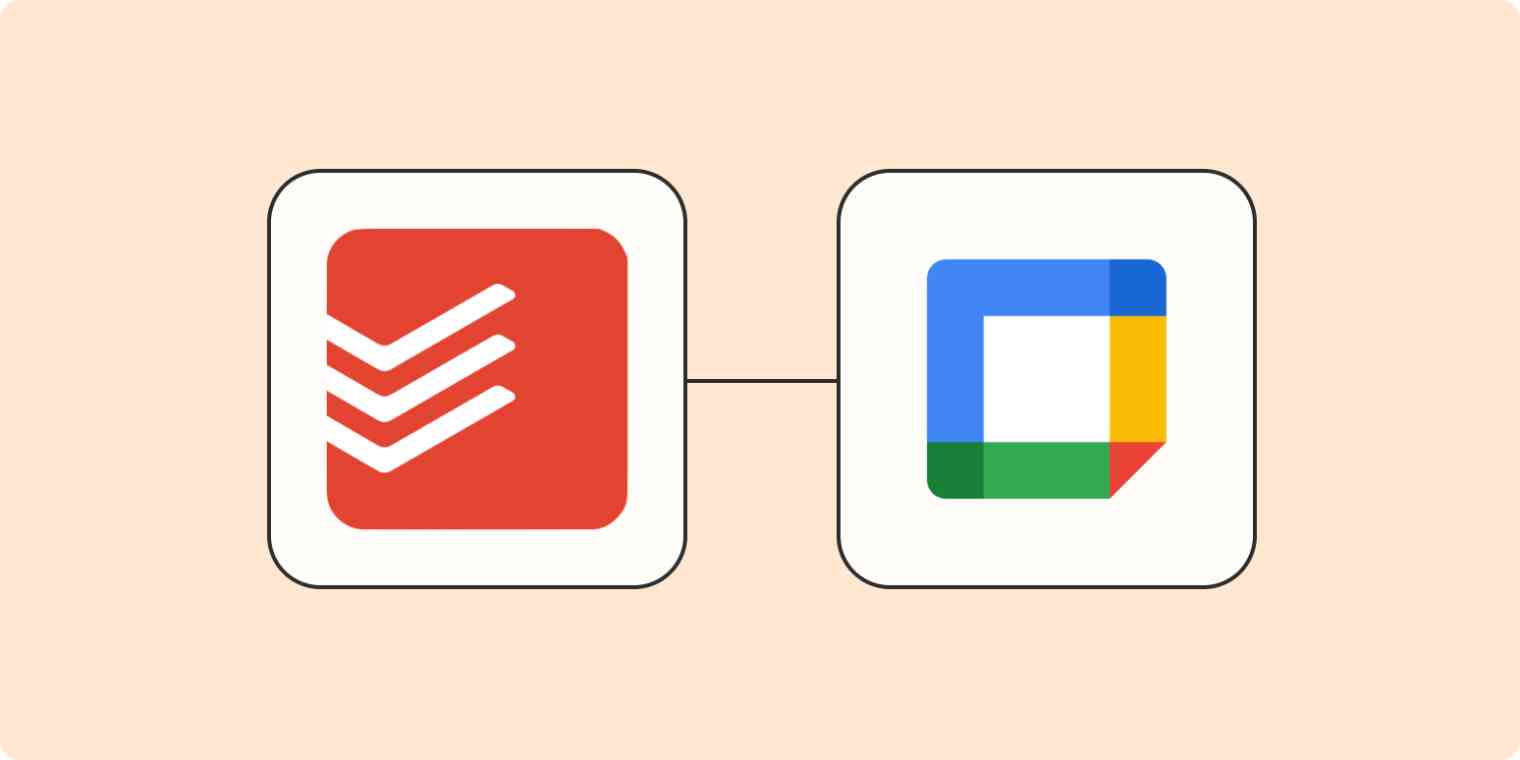
Exploring the Power of Todoist Calendar View
Sep 1, 2023

Understanding and Overcoming Task Blockers: Boosting Productivity
Sep 1, 2023
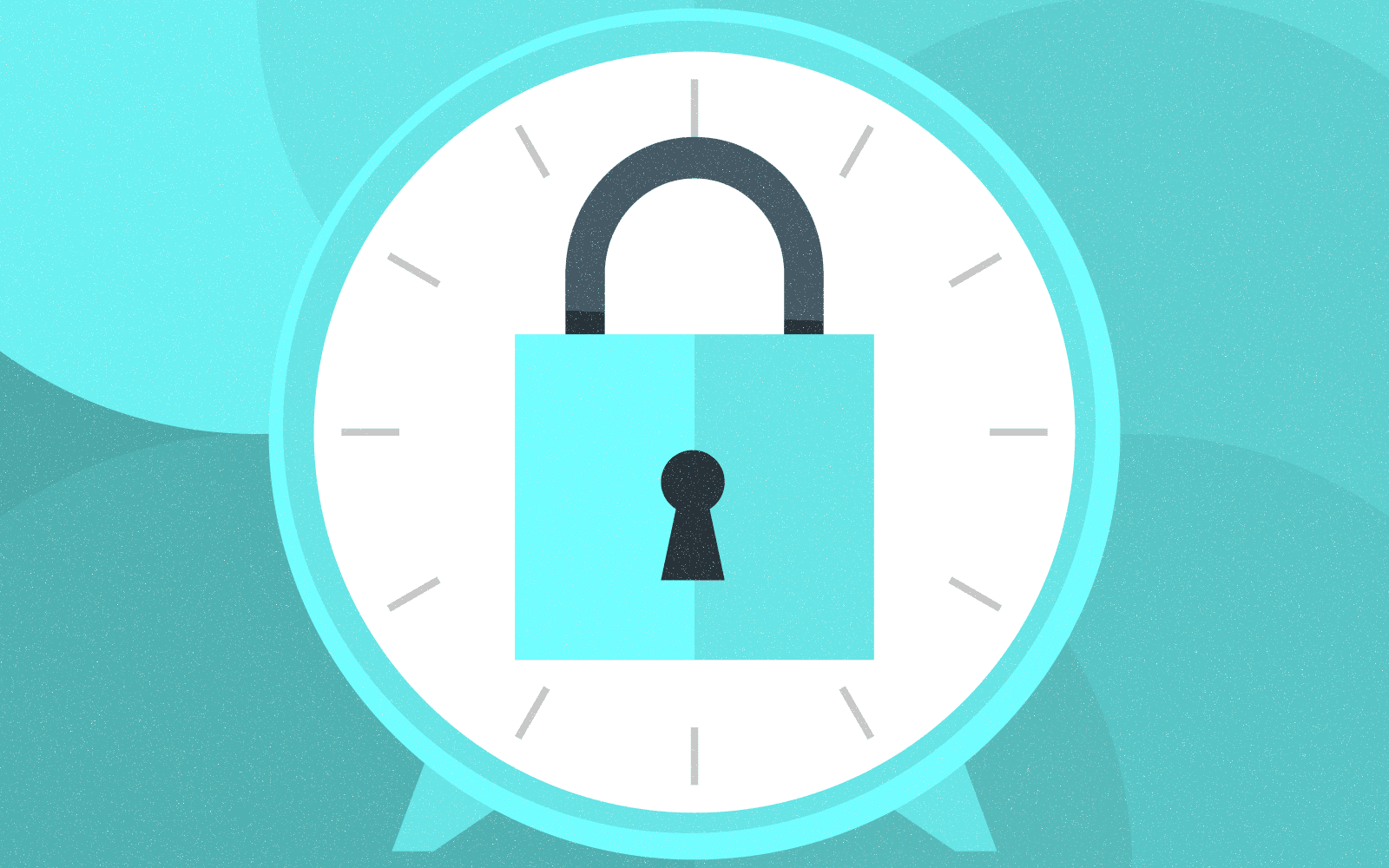
Optimize Your Productivity with Time Blocking: Unlocking the Power of Efficient Planning
Aug 31, 2023

Enhancing User Engagement with Motion AI: A New Era of Chatbot Experiences
Aug 31, 2023

Understanding the Motions Calendar in Legal Proceedings
Aug 30, 2023
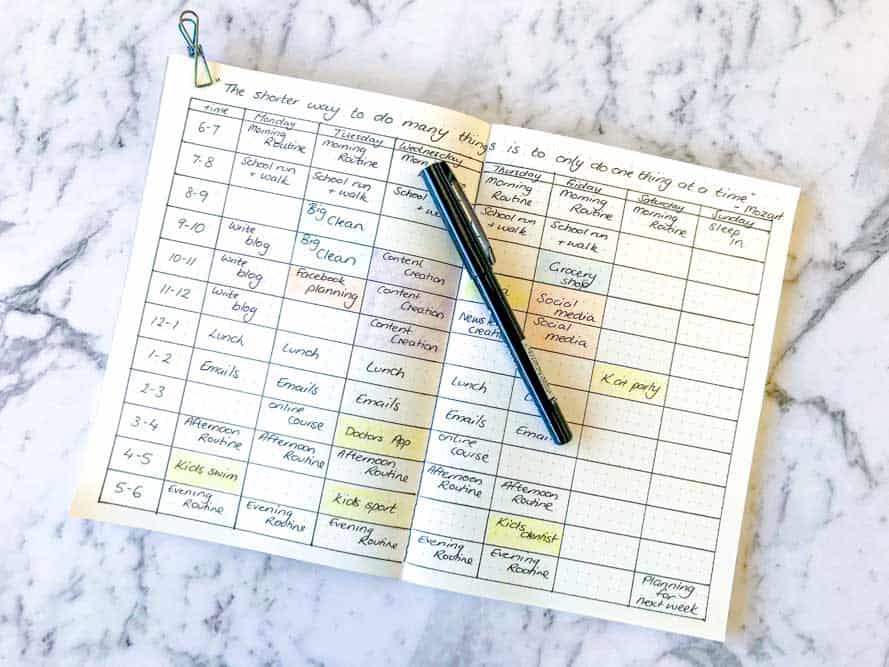
Maximizing Productivity with the Time Blocking Planner App
Aug 30, 2023
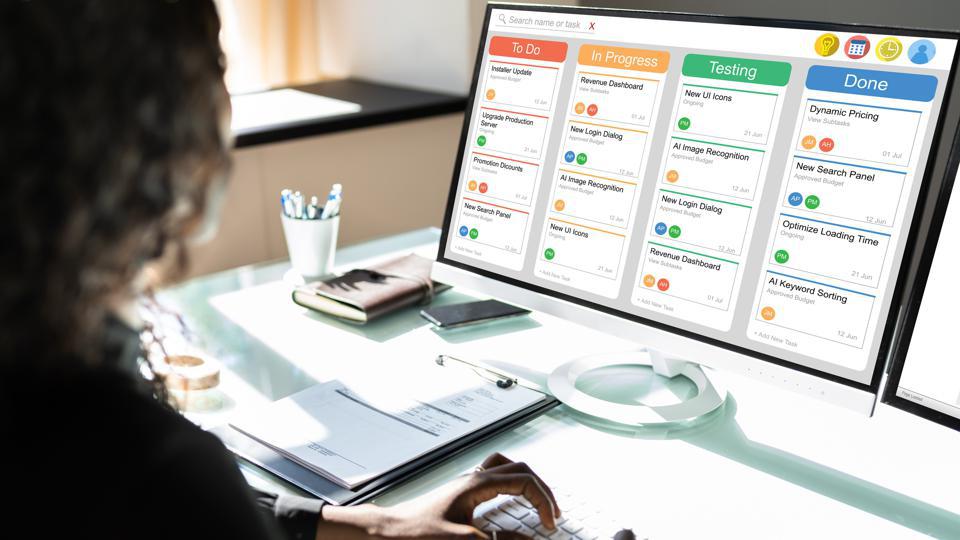
The Ultimate Guide to Streamlining Your Tasks with Trello Planner
Aug 29, 2023

Repeating Tasks: Enhancing Productivity and Efficiency
Aug 29, 2023

Trello Discount Codes for Enhanced Productivity
Aug 28, 2023
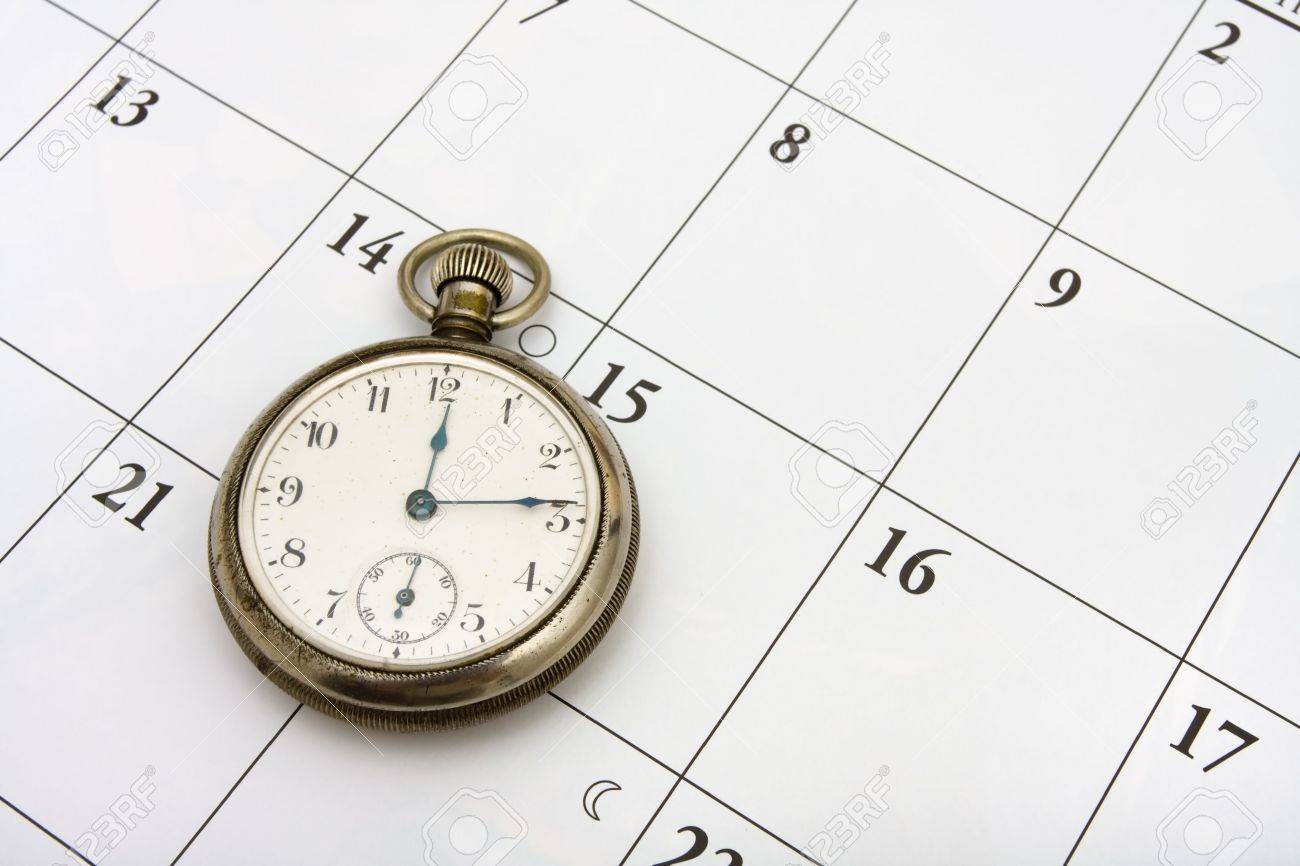
The Evolution and Significance of Calendars: Tracking Time Through the Ages
Aug 28, 2023

Maximizing Productivity and Efficiency with a Planner Featuring 15-Minute Time Slots
Aug 27, 2023

Time Blocking vs. To-Do Lists: Finding Your Productivity Strategy
Aug 27, 2023

Enhance Your Trello Experience with Planyway: A Comprehensive Overview
Aug 26, 2023

Exploring Planyway: A Comprehensive Project Management Solution
Aug 26, 2023

Streamline Your Schedule with Planyway Calendar
Aug 25, 2023

How to Sync Google Calendar with Trello
Aug 25, 2023
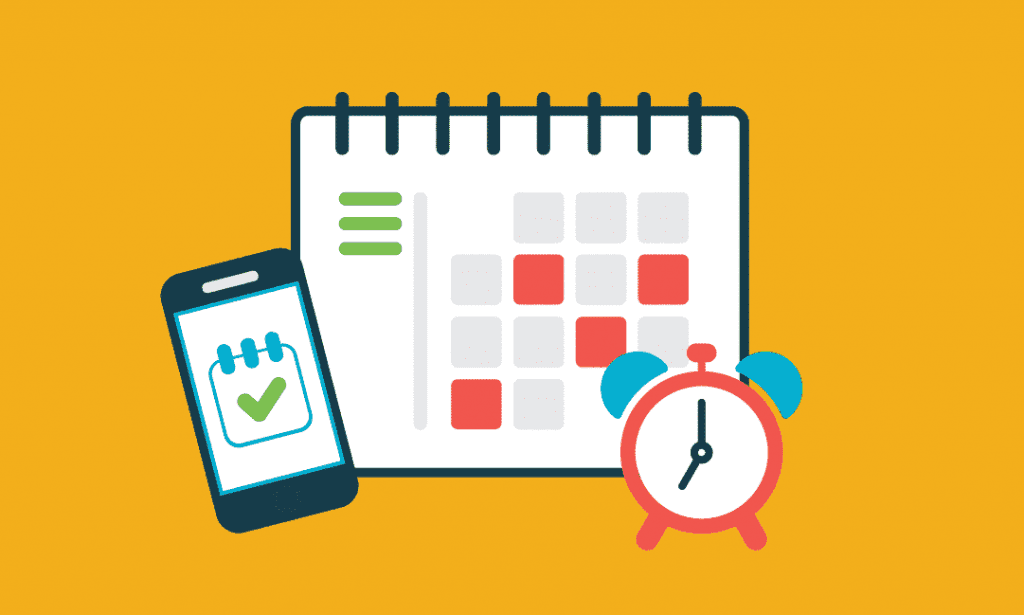
Blocks of Time: The Key to Effective Time Management
Aug 24, 2023

Exploring the Power Duo: Enhancing Productivity with Google Calendar and Todoist
Aug 24, 2023
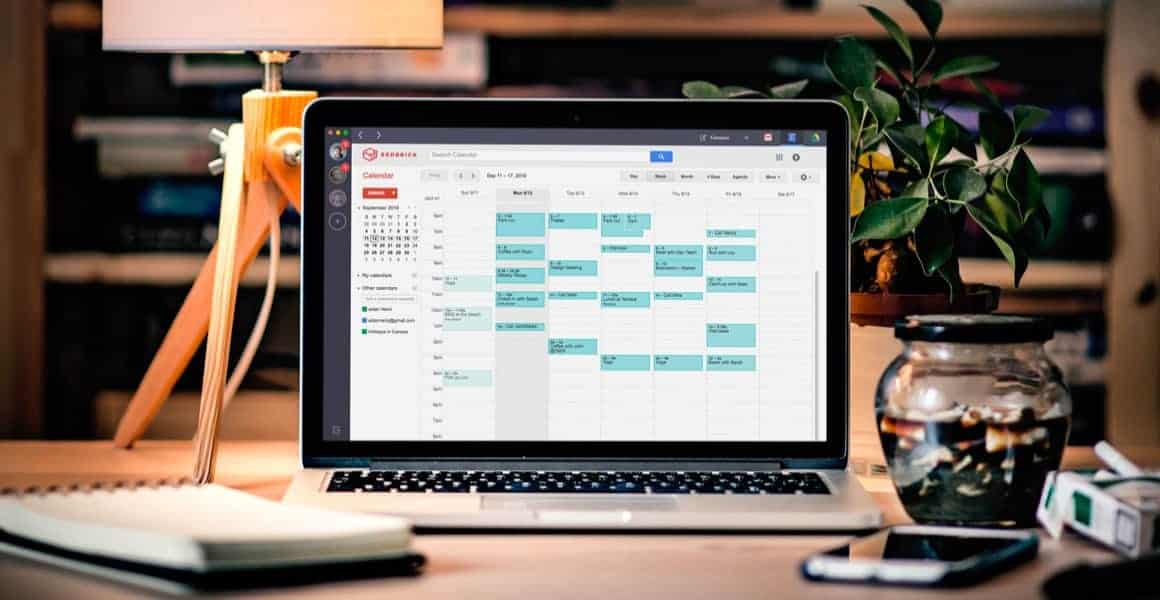
Time Blocking in Google Calendar: Boost Your Productivity and Master Your Schedule
Aug 23, 2023
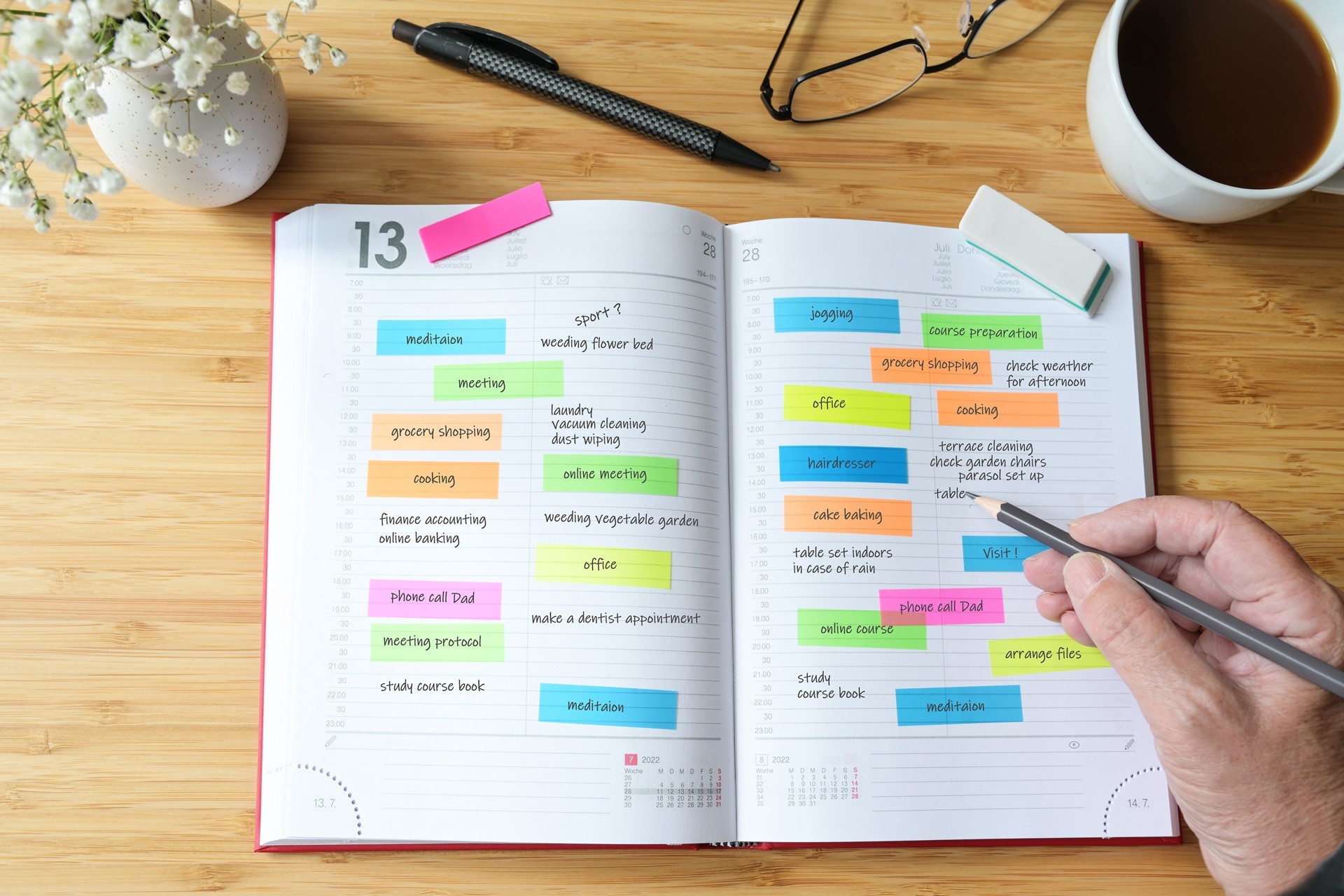
Task Blocking: Understanding the Productivity Pitfall and Overcoming It
Aug 23, 2023

A Comprehensive Guide to Weekly Profit and Loss Statements
Aug 22, 2023

Maximizing Productivity with Todoist Time Blocking
Aug 22, 2023

Discover the Power of Day Blocking: A Productivity Strategy
Aug 21, 2023

How to Sync Trello Calendar with Google Calendar
Aug 21, 2023

Quickly Connect Google Calendar to Trello
Aug 19, 2023
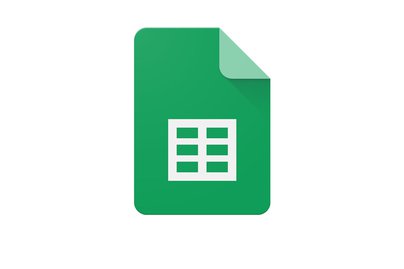
How to Link Trello to Google Sheets: Streamlining Your Workflow
Aug 18, 2023

Streamline Your Workflow: Sync Trello Cards to Google Calendar Events
Aug 17, 2023
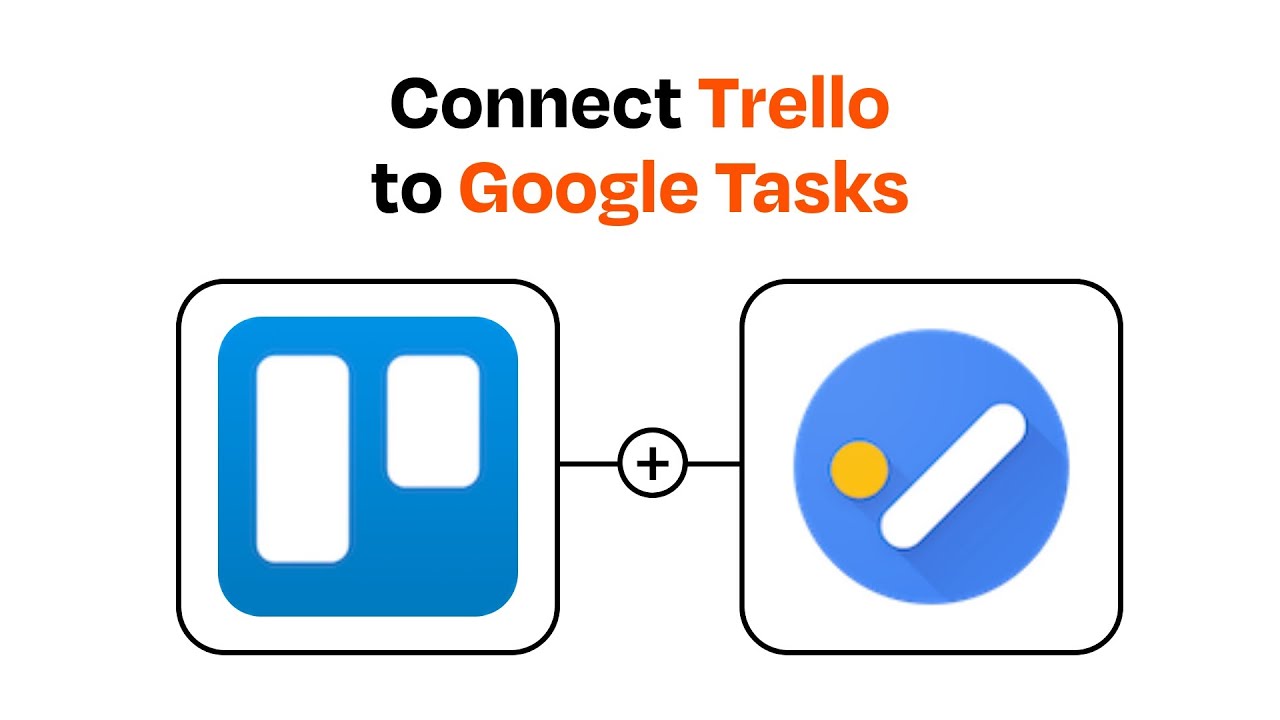
Streamlining Your Workflow: Trello + Google Tasks Integration
Aug 16, 2023

Can I Import My Google Calendar to Trello?
Aug 15, 2023
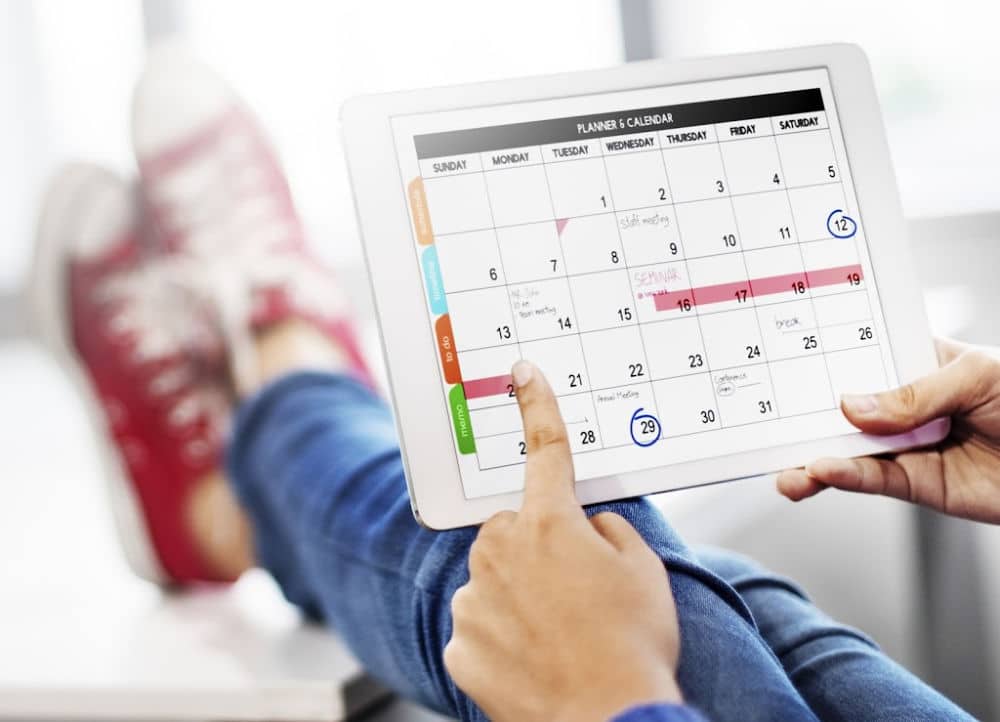
Use Google Calendar for Effective Scheduling
Aug 14, 2023
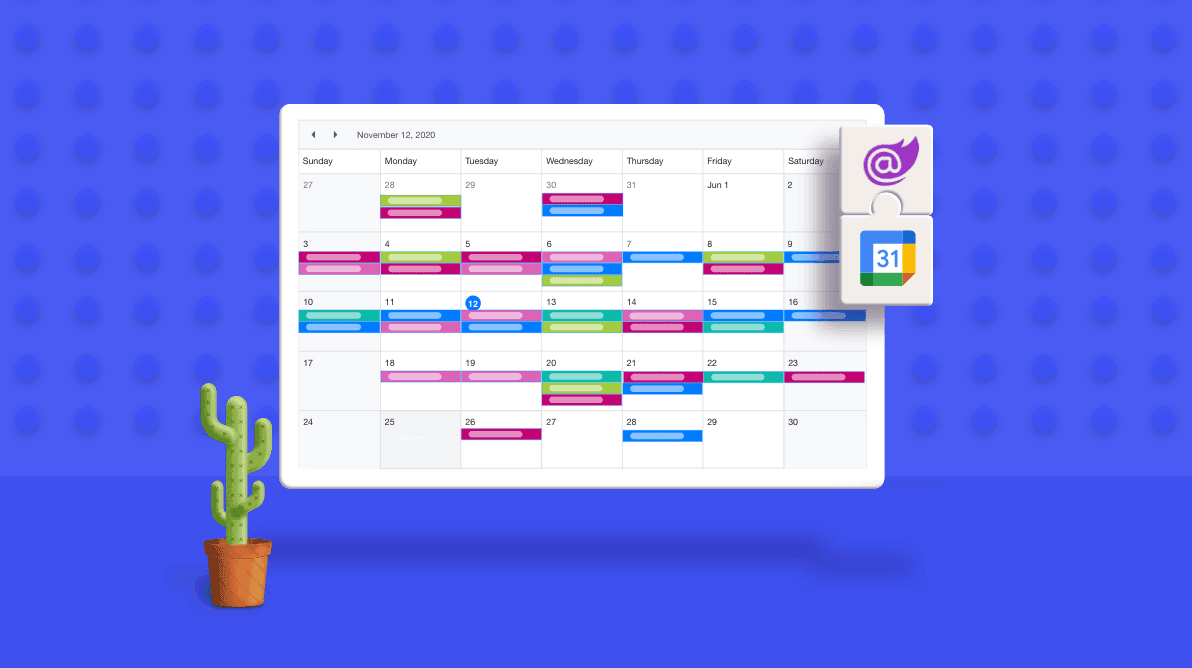
Mastering Task Duration in Google Calendar: A Comprehensive Guide
Aug 13, 2023
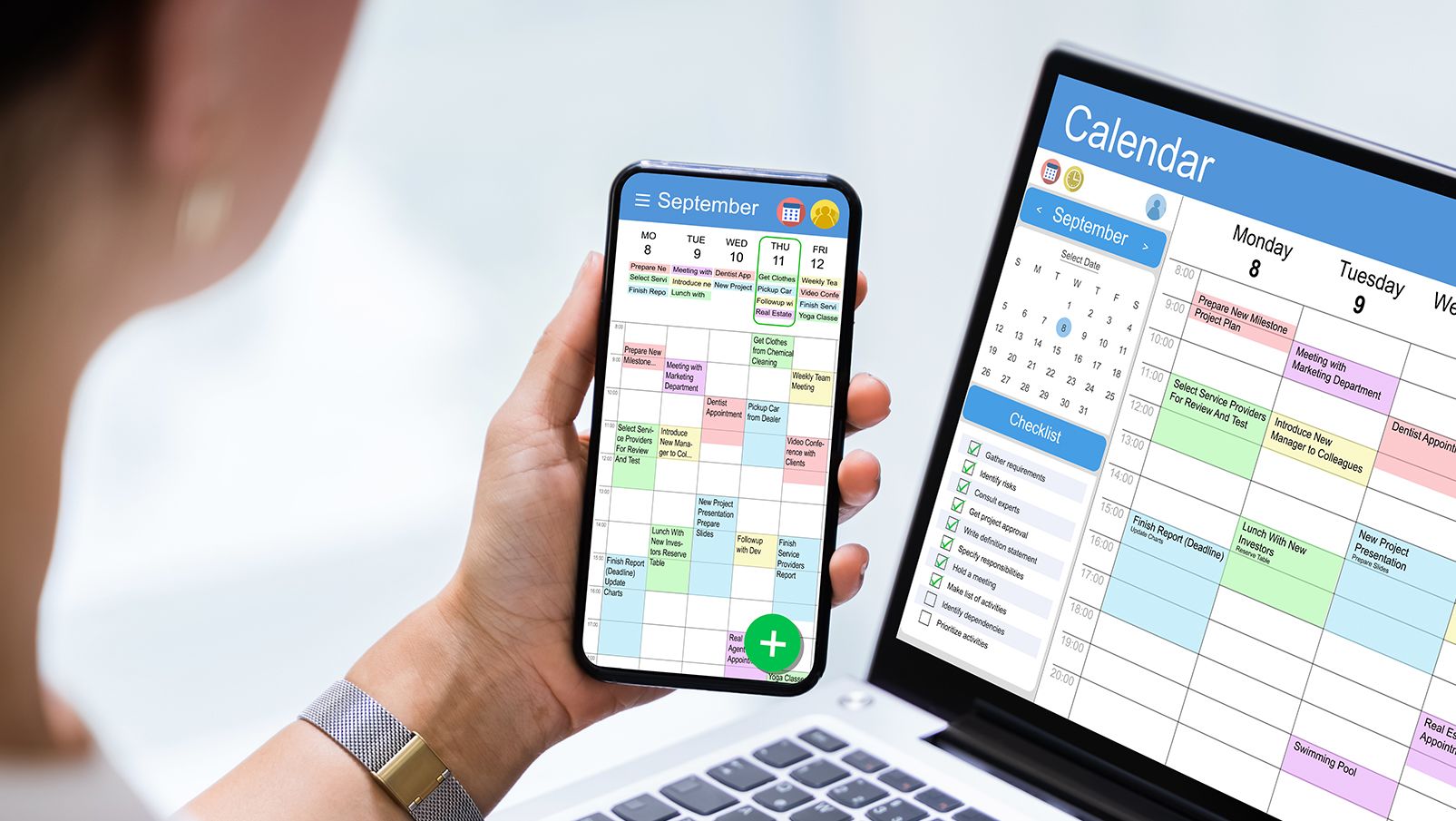
The Power of Calendar Planning Apps: Streamlining Your Life Like Never Before
Aug 12, 2023

Simplify Your Life with Google Calendar Sync
Aug 11, 2023

Creating an Effective Day Schedule: A Path to Productivity and Well-Being
Aug 10, 2023

Maximizing Productivity and Efficiency with Time Blocking
Aug 9, 2023
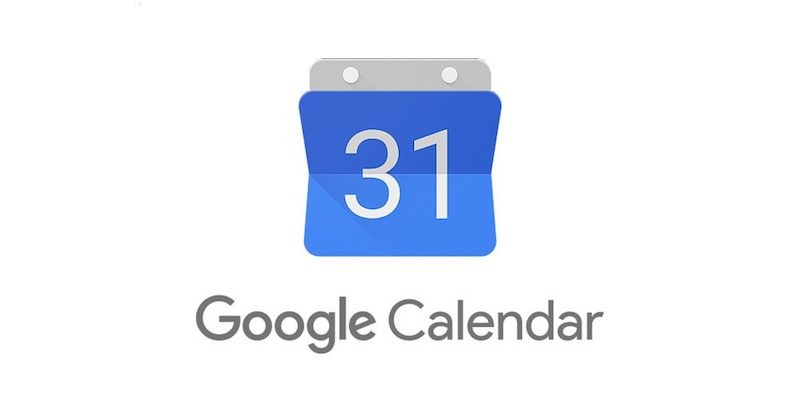
Google Calendar: A Modern Tool for Efficient Time Management
Aug 8, 2023

Top 10 Daily Planner Apps to Boost Productivity
Aug 7, 2023

Calendly Alternatives & Competitors for 2023
Aug 6, 2023
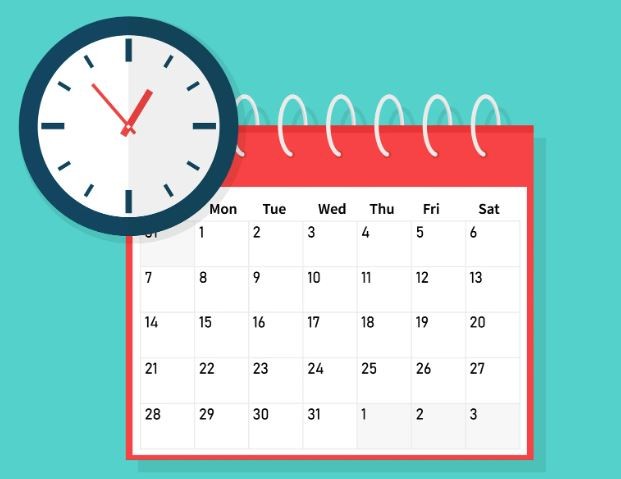
How to Share Google Calendar: A Step-by-Step Guide
Aug 5, 2023

Best Trello Board Templates: Boost Your Productivity and Organization
Aug 4, 2023

Trello Templates: Enhancing Personal Productivity
Aug 3, 2023

Trello Templates: Simplify Your Workflow and Boost Productivity
Aug 2, 2023

How to Sync Trello with Google Calendar
Aug 1, 2023
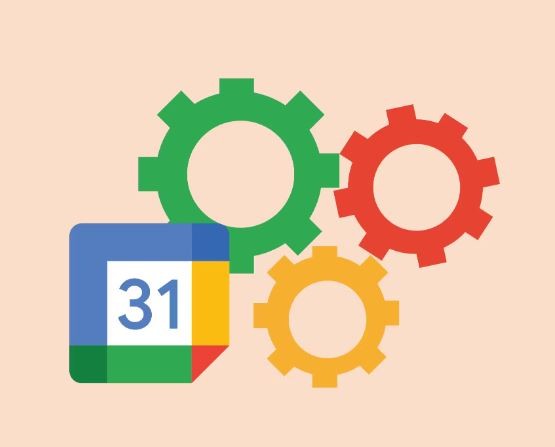
How to Link Trello with Google Calendar
Jul 31, 2023

How to Sync Trello and Google Calendar: Enhance Your Productivity and Organization
Jul 30, 2023
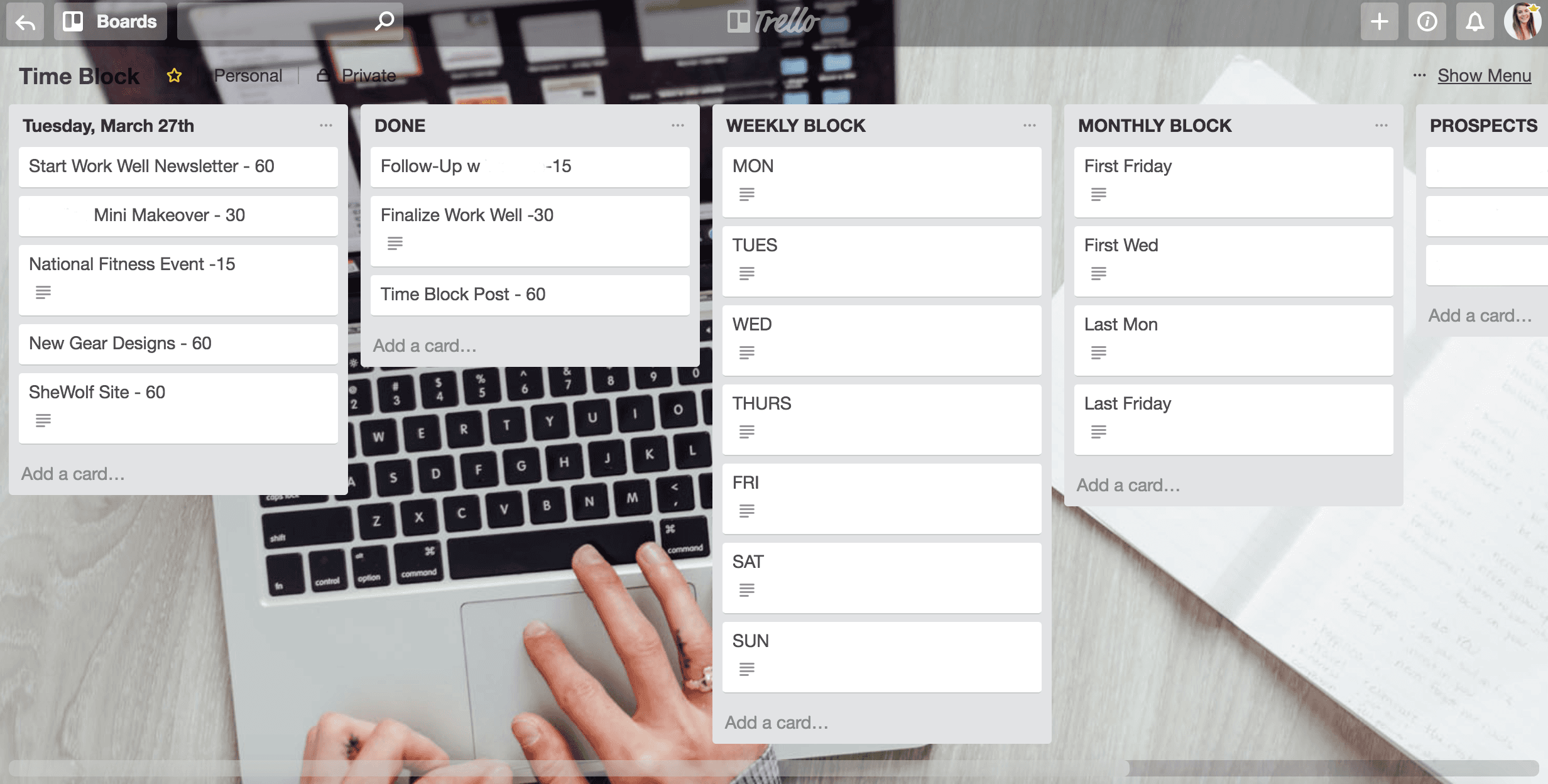
Time Blocking with Trello: Boosting Productivity and Organizing Your Life
Jul 29, 2023
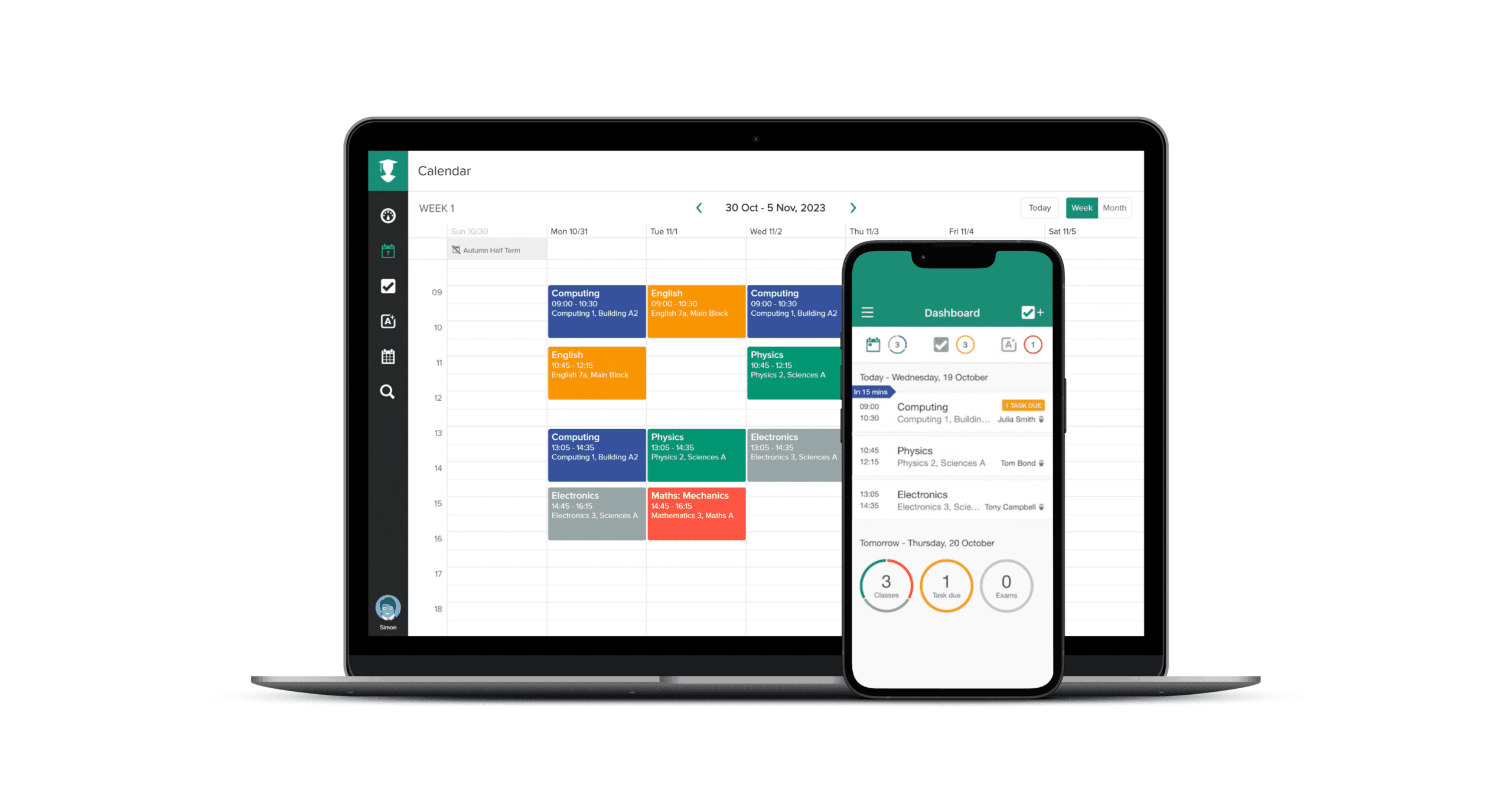
TaskPlanner: Your Ultimate Tool for Efficient Task Management
Jul 28, 2023

Trello Google Calendar 2-Way Sync: Streamlining Your Workflow
Jul 27, 2023

Can Trello Sync with Google Calendar?
Jul 26, 2023

Trello Task Management Templates: Streamline Your Workflow Like Never Before
Jul 25, 2023

Clockwise Alternatives: Embracing Productivity and Efficiency
Jul 23, 2023
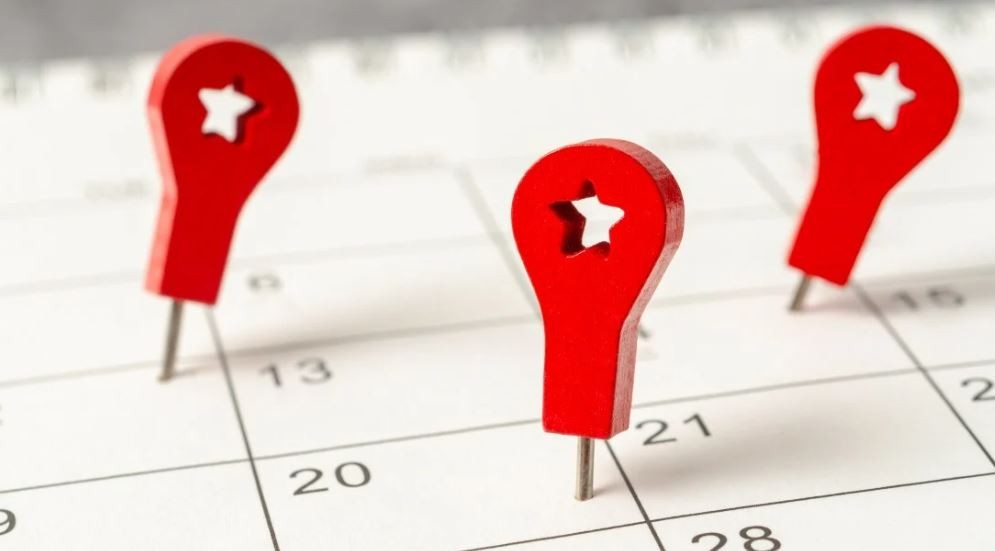
Google Calendar Daily Schedule: How to Organize Your Life with Efficiency and Ease
Jul 22, 2023
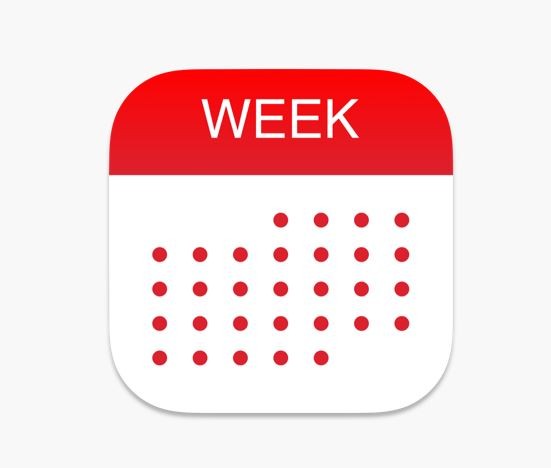
Weekly Planner with Google Calendar: Stay Organized and Efficient
Jul 21, 2023

Top Trello Marketing Templates: Boost Your Marketing Efforts and Drive Results
Jun 6, 2023

Top Trello Project Management Templates: Streamline Your Workflow for Success
May 29, 2023

Top Reasons to Use Trello for Project Management: Boost Your Team's Productivity
May 29, 2023

Why Google Calendar to Trello Sync is the Ultimate Power Move for Productivity
May 20, 2023

Connect google calendar to trello
May 12, 2023

Optimize Your Schedule: Unlock the Power of Google Calendar and Trello Sync with Taskplanner
May 10, 2023

Top trello power ups
May 7, 2023

Chatsonic
May 7, 2023

Explore ChatGPT Alternatives: Empower Your Conversations with AI-Powered Tools
May 7, 2023

Discover Clockwise Alternatives: Take Control of Your Time and Boost Productivity
May 7, 2023

Sync Trello with Google Calendar: Boost Productivity with Task Planner
May 6, 2023
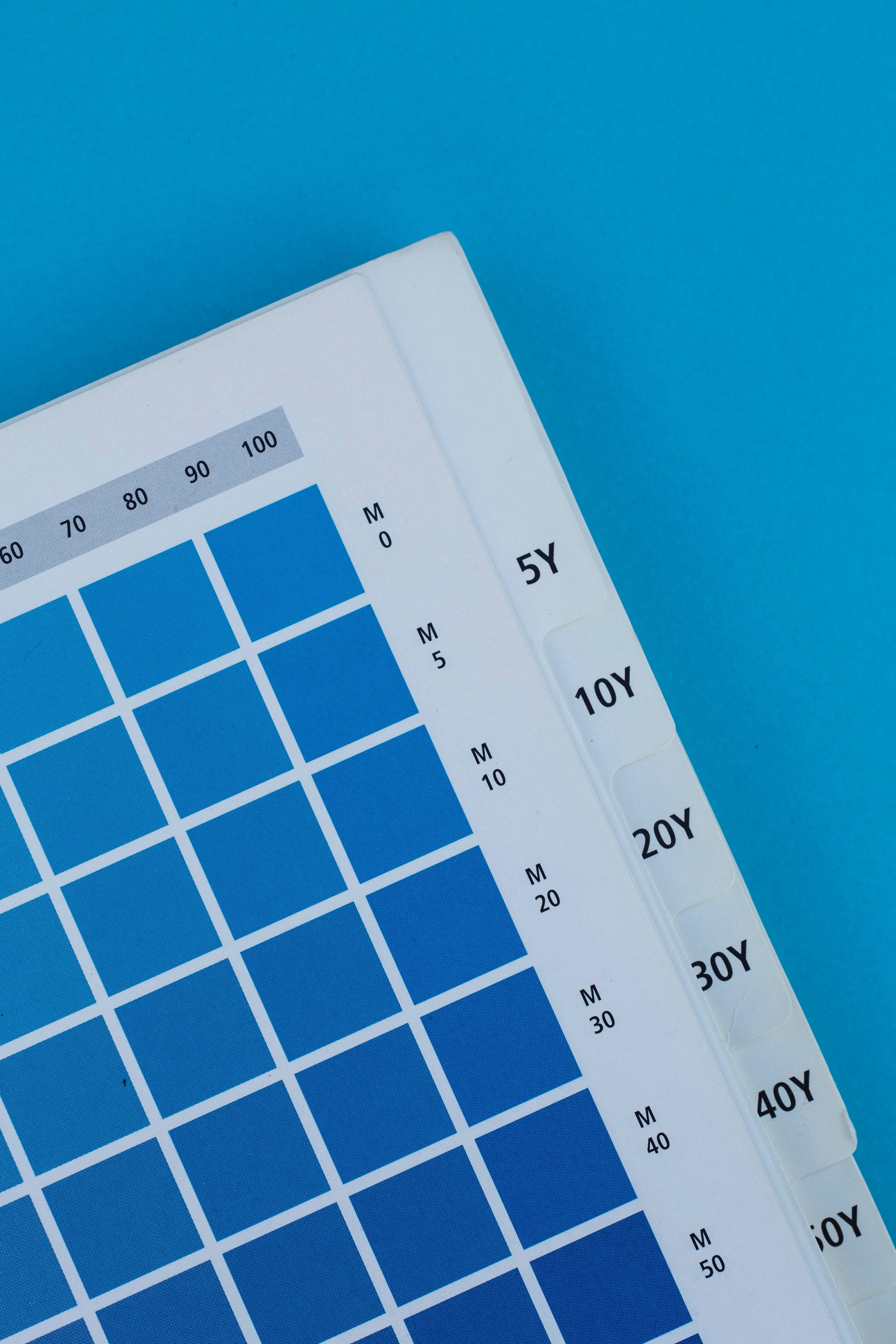
Beyond Google Calendar: Alternative Options and Enhancements for Efficient Scheduling
May 5, 2023

The Ultimate Guide to Trello Google Calendar Sync: Streamline Your Workflow
May 3, 2023

Mastering Your Time with Time Blocking: The Ultimate Productivity Technique
Apr 28, 2023

Motion alternatives
Apr 28, 2023

Why Taskplanner better than Reclaim
Apr 26, 2023

How to remember goals and todo
Apr 26, 2023

Why Taskplanner better than Motion
Apr 26, 2023

Taskplanner and Trello integration
Apr 24, 2023

Reclaim alternative
Apr 22, 2023
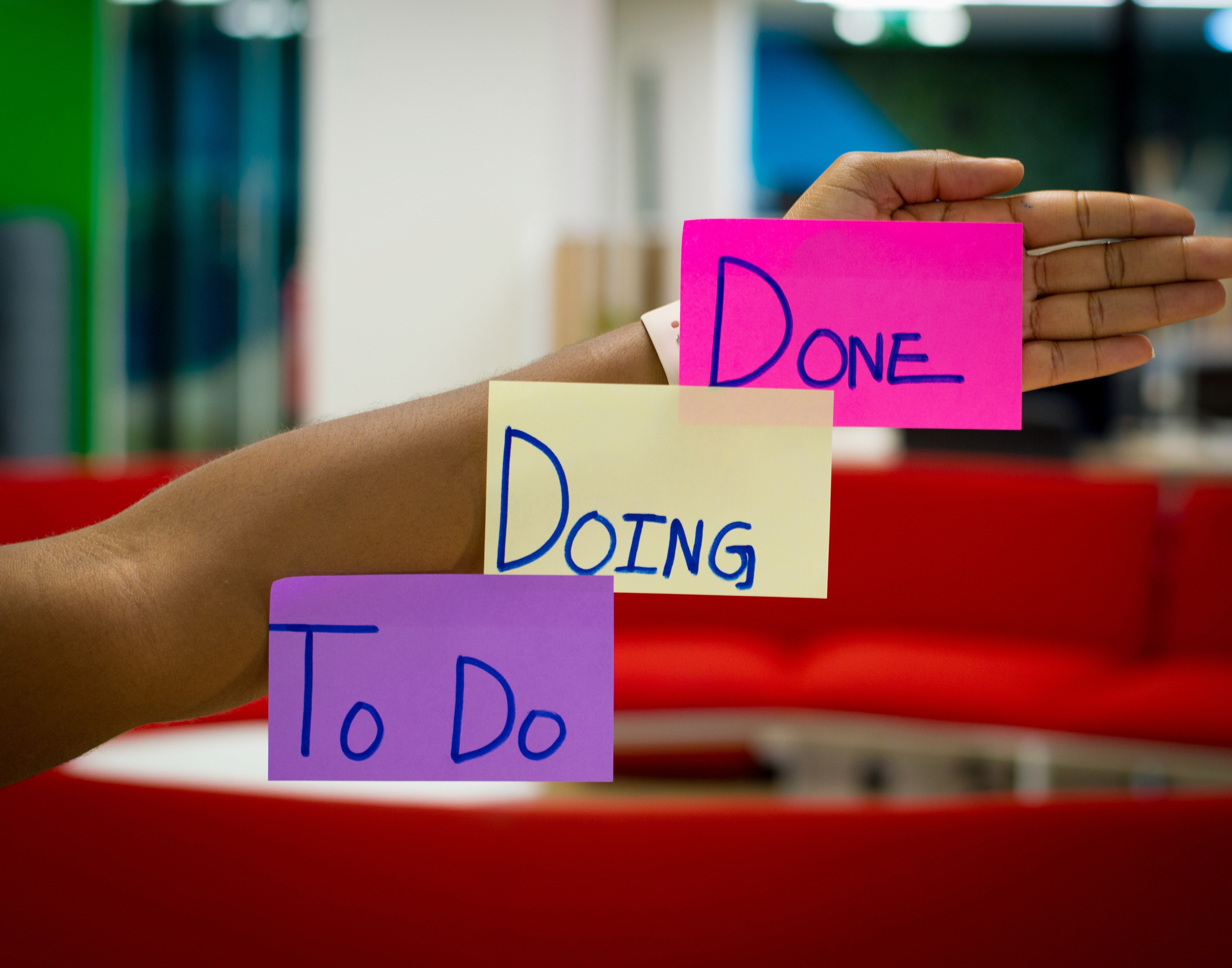
Task Planning and Task planner
Apr 22, 2023

Google Calendar app and alternatives
Apr 5, 2023

Taskplanner vs Motion
Apr 19, 2023

Use a calendar to manage your plans and increase productivity
Apr 8, 2022

The time slots approach
Mar 15, 2022

Time management tools
Feb 28, 2022

How to prioritize tasks
Feb 6, 2022

How to Create an Effective Design Portfolio
Jan 12, 2022